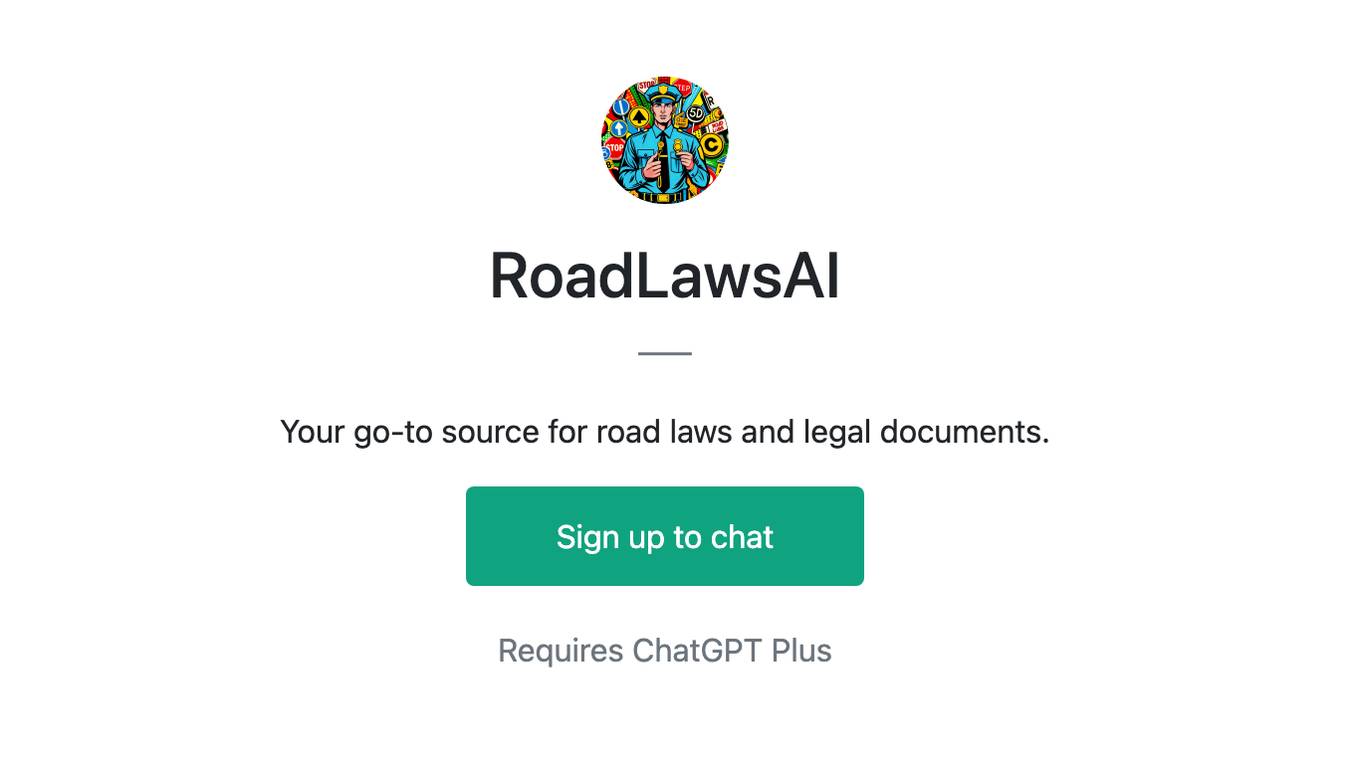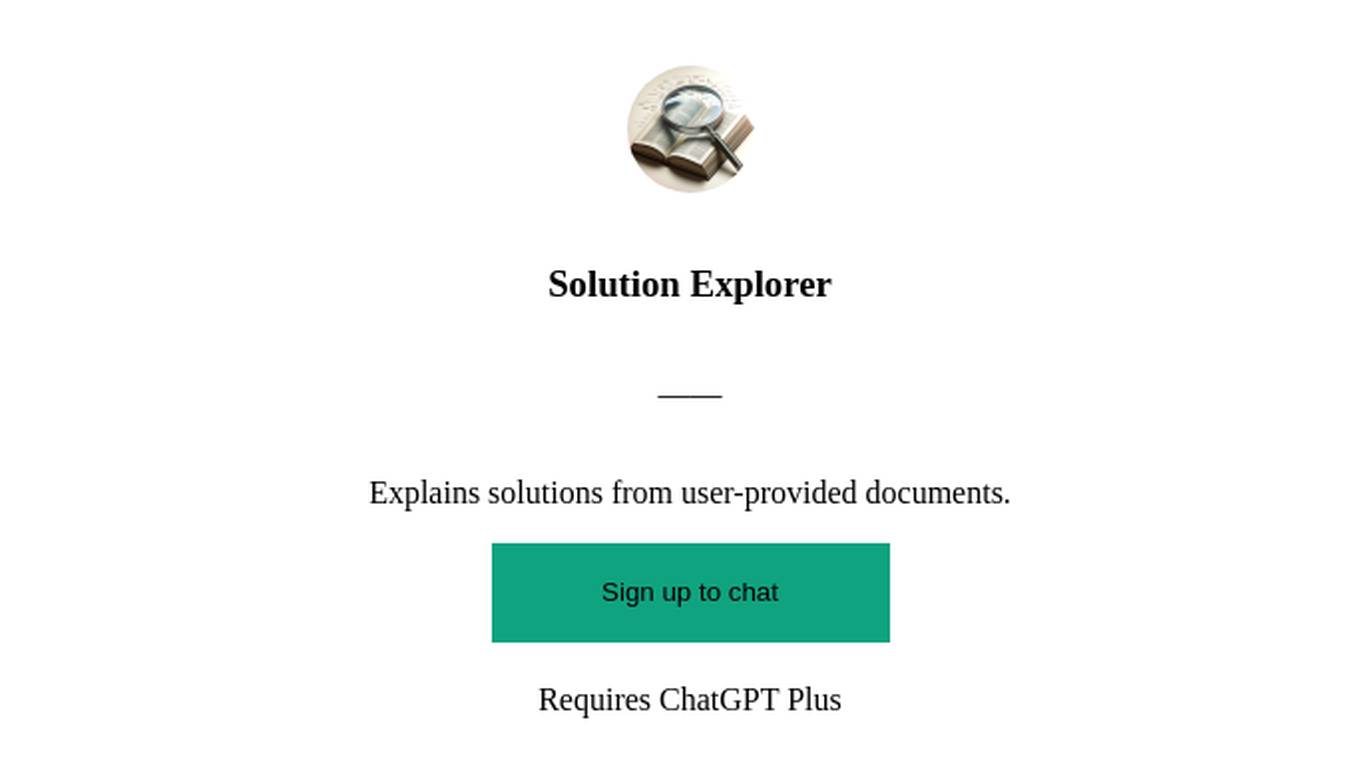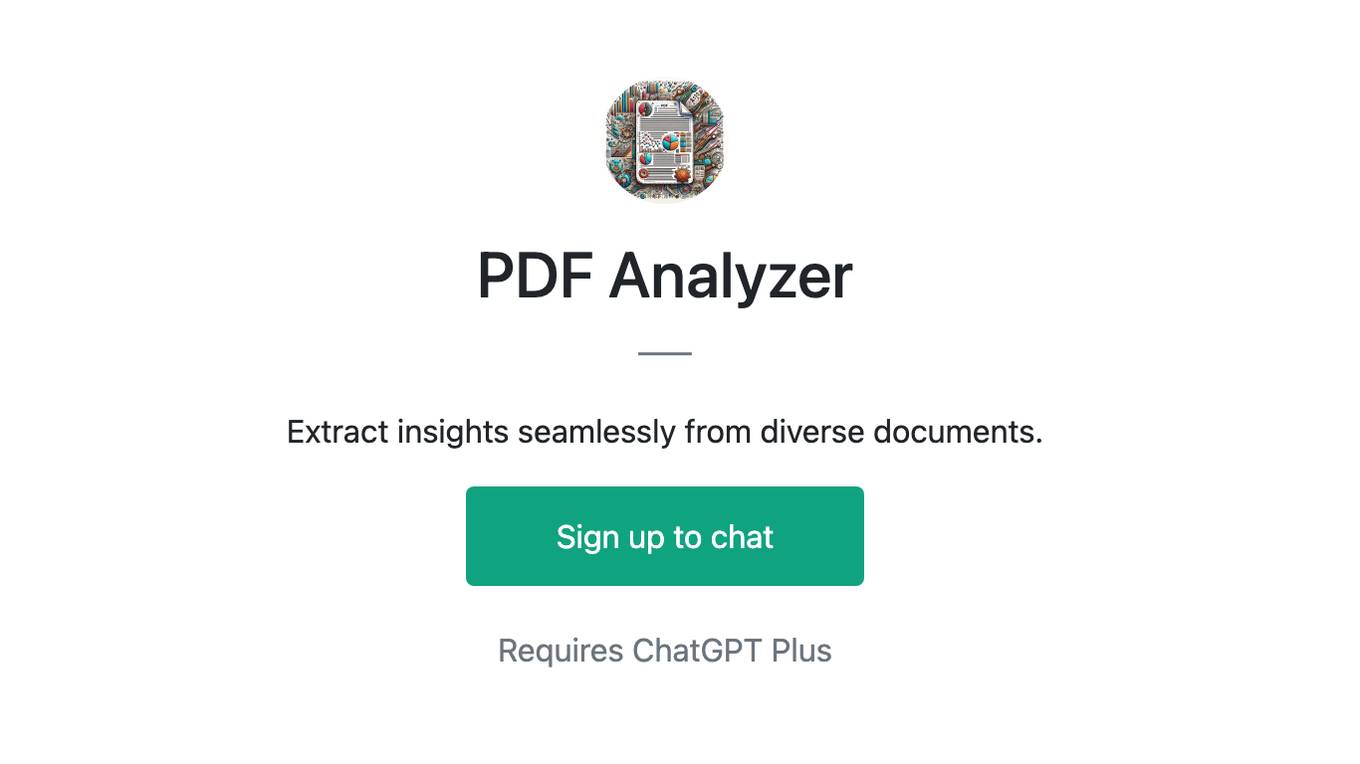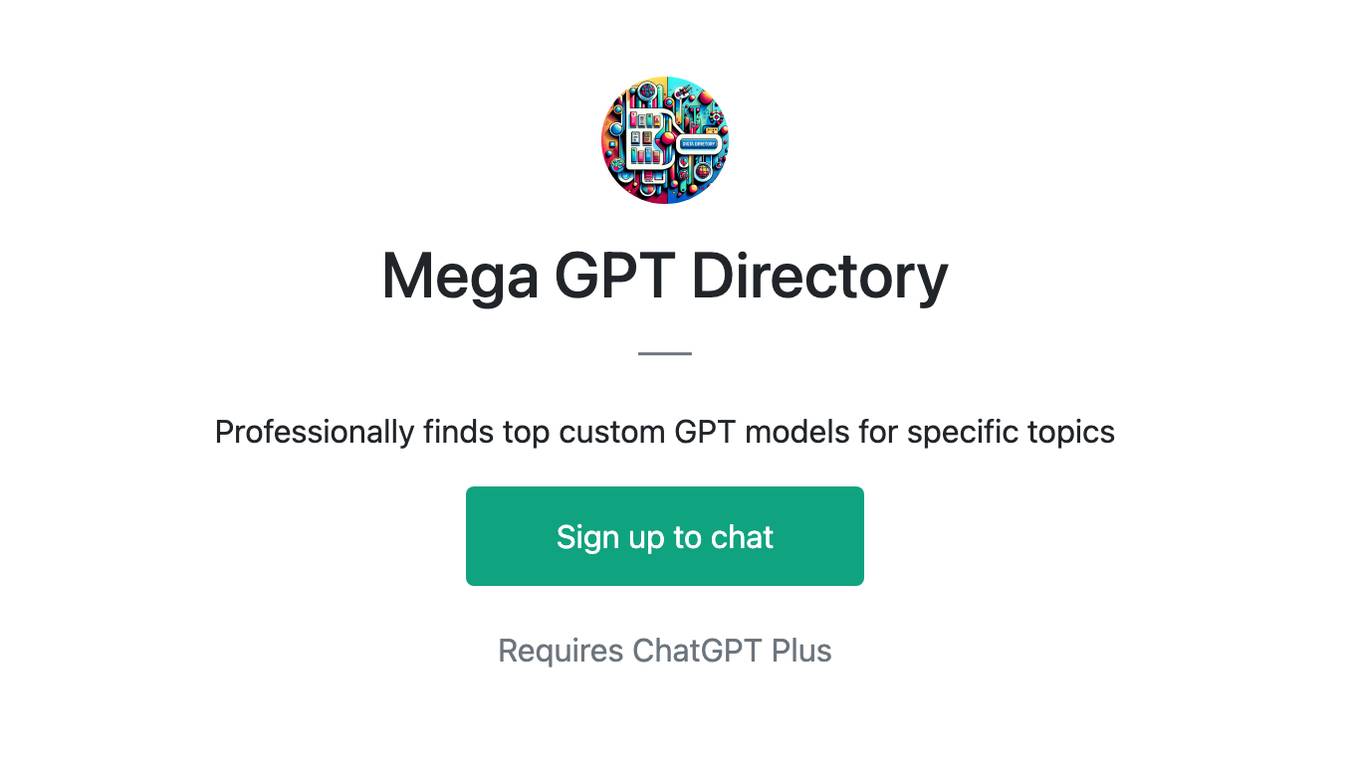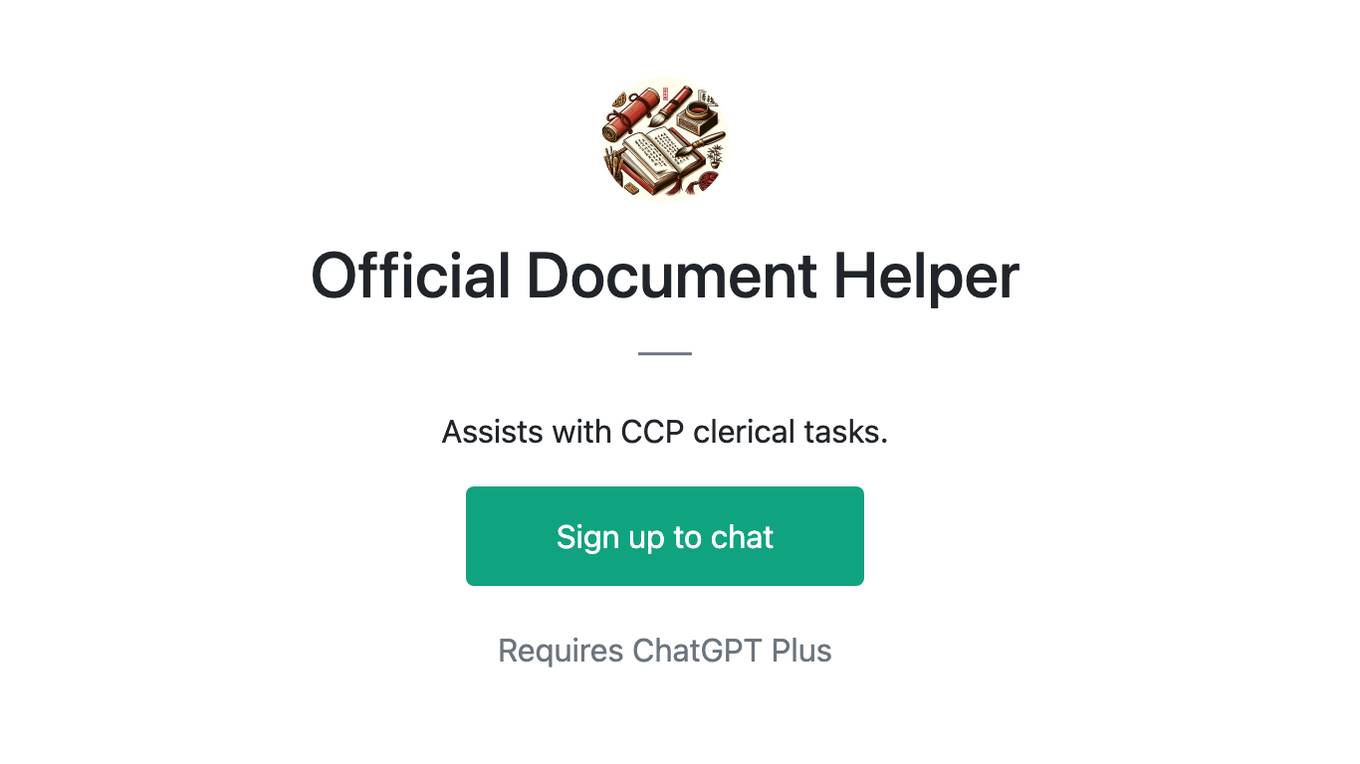Best AI tools for< Find Documents >
20 - AI tool Sites
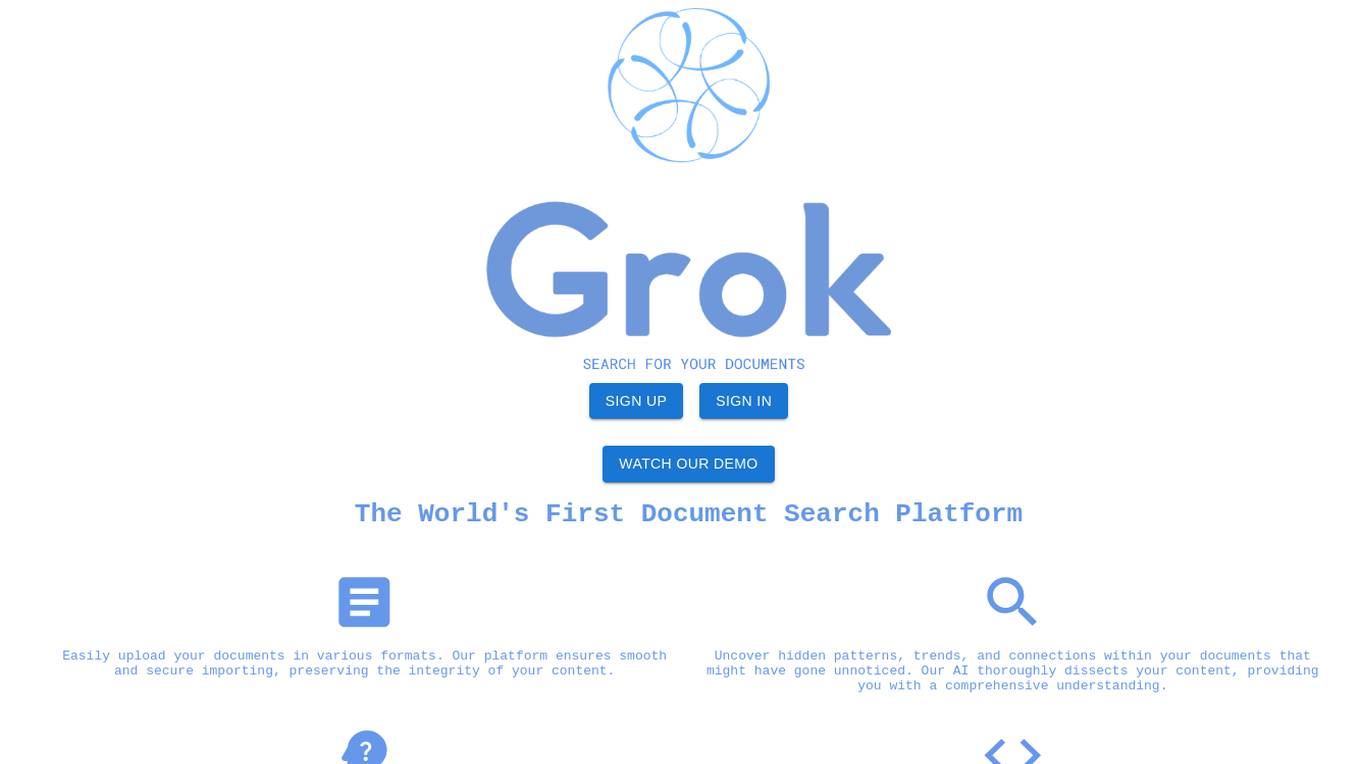
Grok
Grok is an AI-powered search engine that helps you find the documents you need quickly and easily. With Grok, you can search across all of your files, emails, and chats, and get instant results. Grok also uses AI to learn your search habits and preferences, so the more you use it, the better it gets at finding the documents you need.
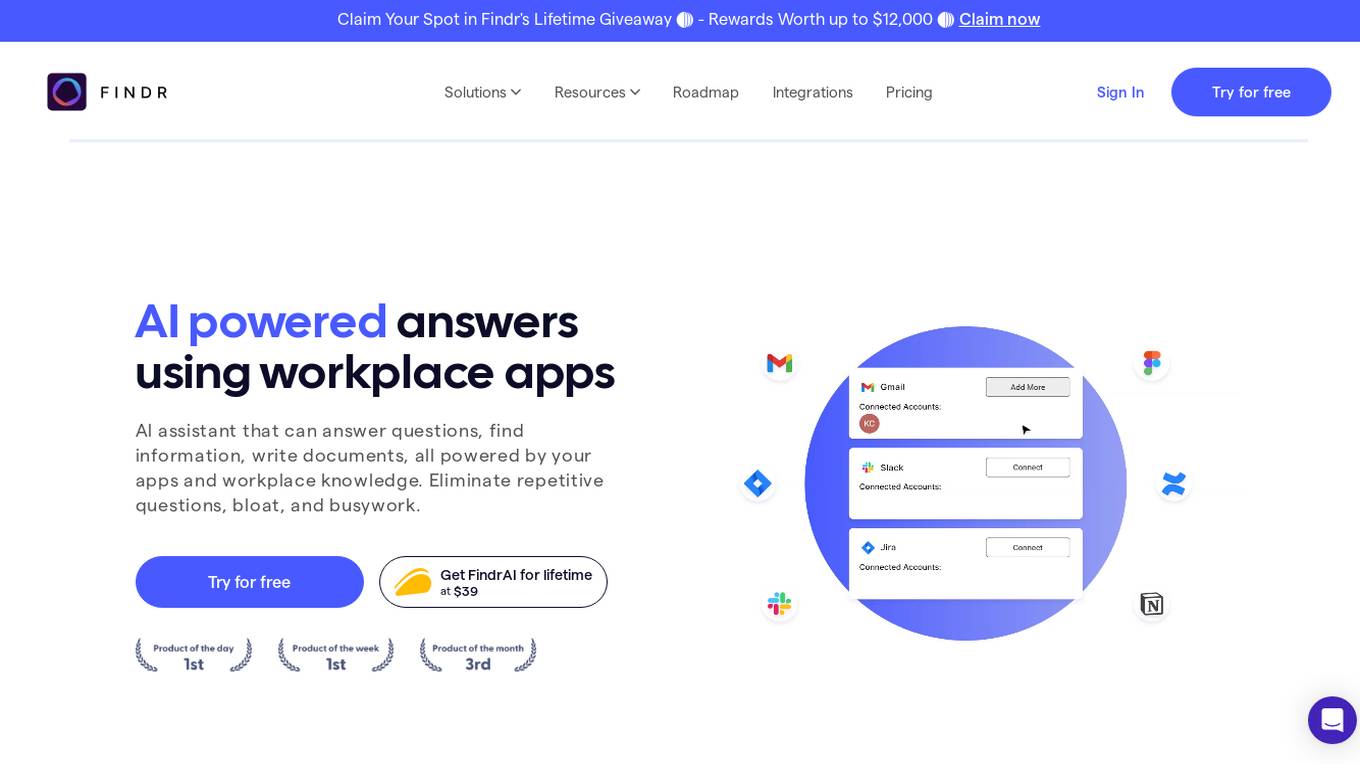
Findr
Findr is an AI-powered search assistant designed for teams to streamline information retrieval and enhance productivity. It offers a centralized platform to search, access, and manage data across various workplace apps. By leveraging AI technology, Findr eliminates repetitive tasks, enhances data search efficiency, and provides instant answers to user queries. With a user-friendly interface and robust security measures, Findr aims to revolutionize the way teams interact with their data and applications.
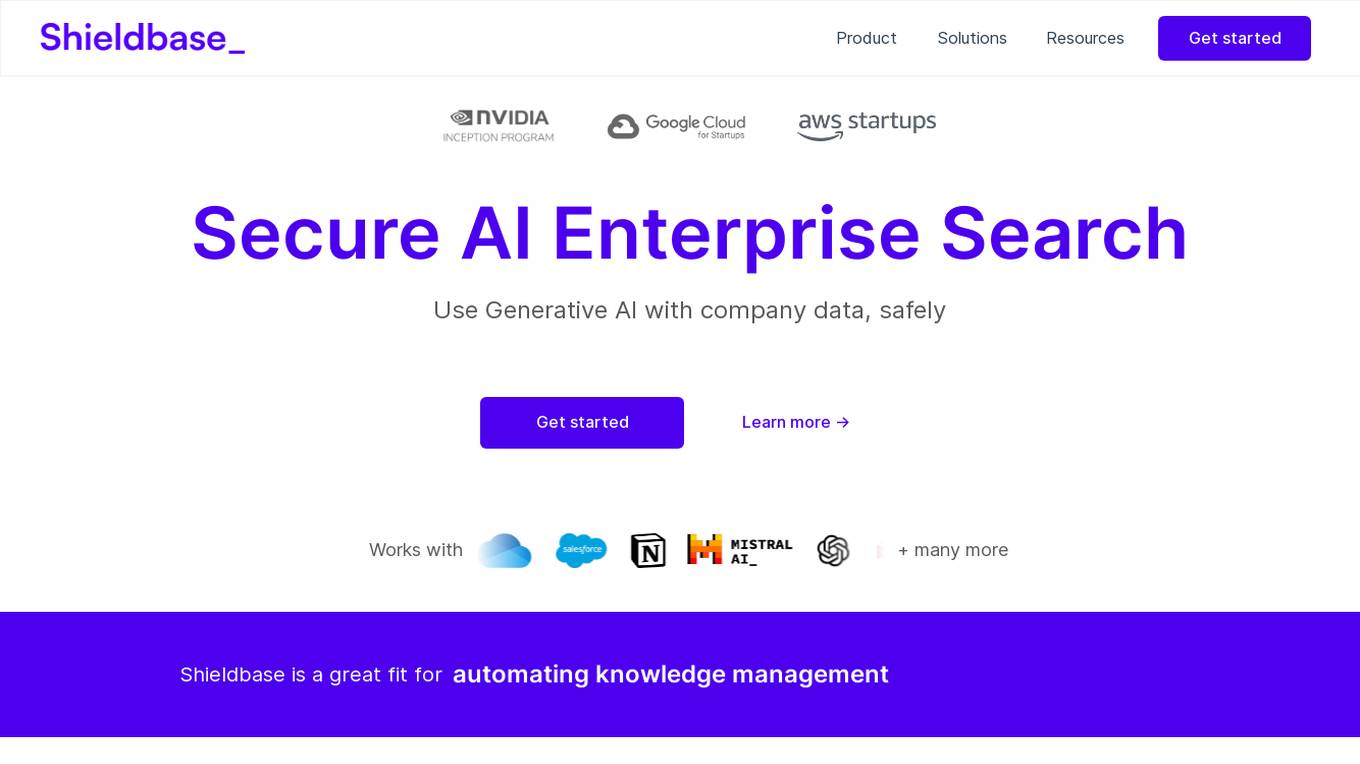
Shieldbase
Shieldbase is an AI-powered enterprise search tool designed to provide secure and efficient search capabilities for businesses. It utilizes advanced artificial intelligence algorithms to index and retrieve information from various data sources within an organization, ensuring quick and accurate search results. With a focus on security, Shieldbase offers encryption and access control features to protect sensitive data. The platform is user-friendly and customizable, making it easy for businesses to implement and integrate into their existing systems. Shieldbase enhances productivity by enabling employees to quickly find the information they need, ultimately improving decision-making processes and overall operational efficiency.
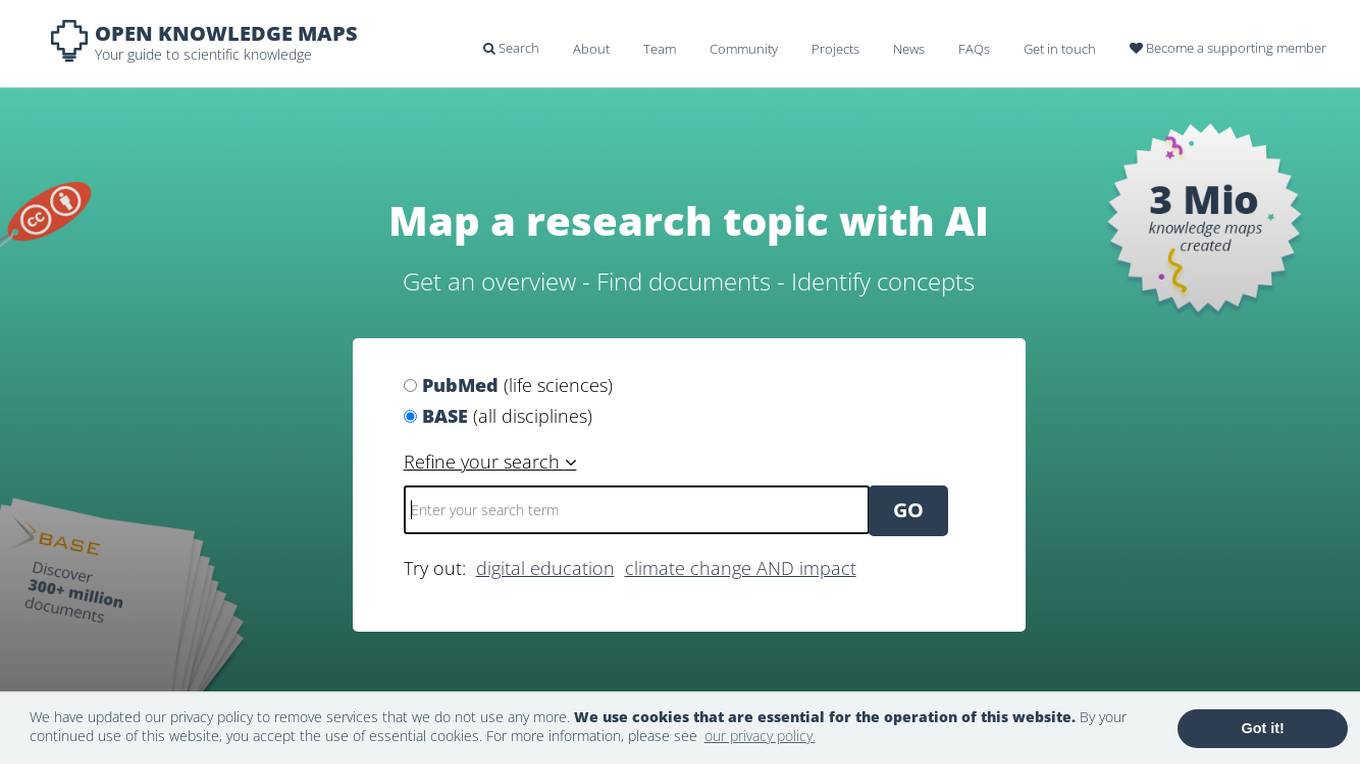
Open Knowledge Maps
Open Knowledge Maps is the world's largest AI-based search engine for scientific knowledge. It aims to revolutionize discovery by increasing the visibility of research findings for science and society. The platform is open and nonprofit, based on the principles of open science, with a mission to create an inclusive, sustainable, and equitable infrastructure for all users. Users can map research topics with AI, find documents, and identify concepts to enhance their literature search experience.
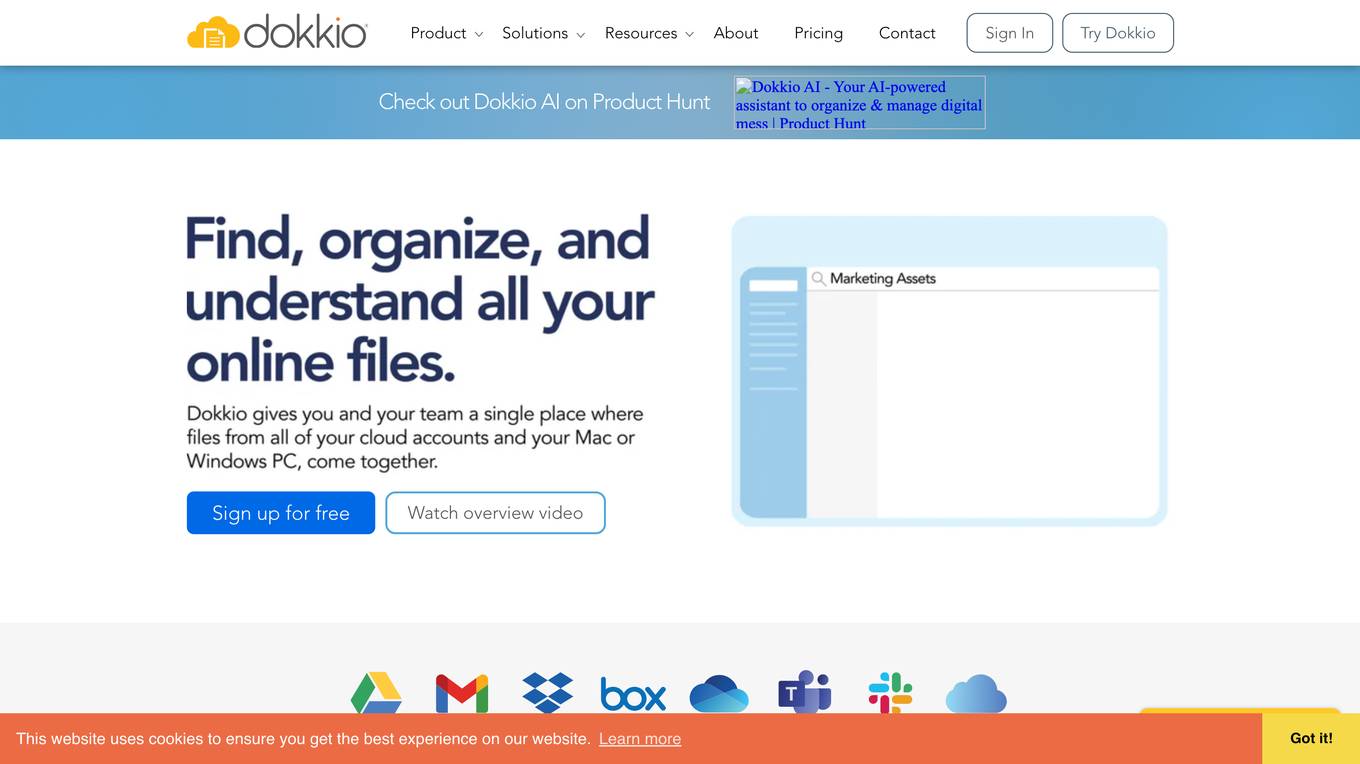
Dokkio
Dokkio is an AI-powered platform that helps users find, organize, and understand all of their online files. By leveraging AI technology, Dokkio enables users to work with their cloud files efficiently and collaboratively. The platform offers tools for managing multiple activities, finding documents and files, compiling research materials, and organizing a content library. Dokkio aims to streamline the process of accessing and utilizing online content, regardless of where it is stored.

File Indexer
The website is a simple index page displaying a list of files and directories. It provides a structured view of the contents within a specific directory, showing the name, last modified date, size, and description of each item. Users can easily navigate through the files and directories listed on the page.

Casc
Casc is an AI-powered knowledge management tool that helps teams access and share information quickly and easily. It integrates with popular collaboration tools like Slack, Google Drive, and Confluence, allowing users to search and access documents, images, and other content from a central location. Casc also uses natural language processing to understand user queries and deliver precise answers, making it easy for teams to find the information they need without having to spend hours searching through multiple sources.
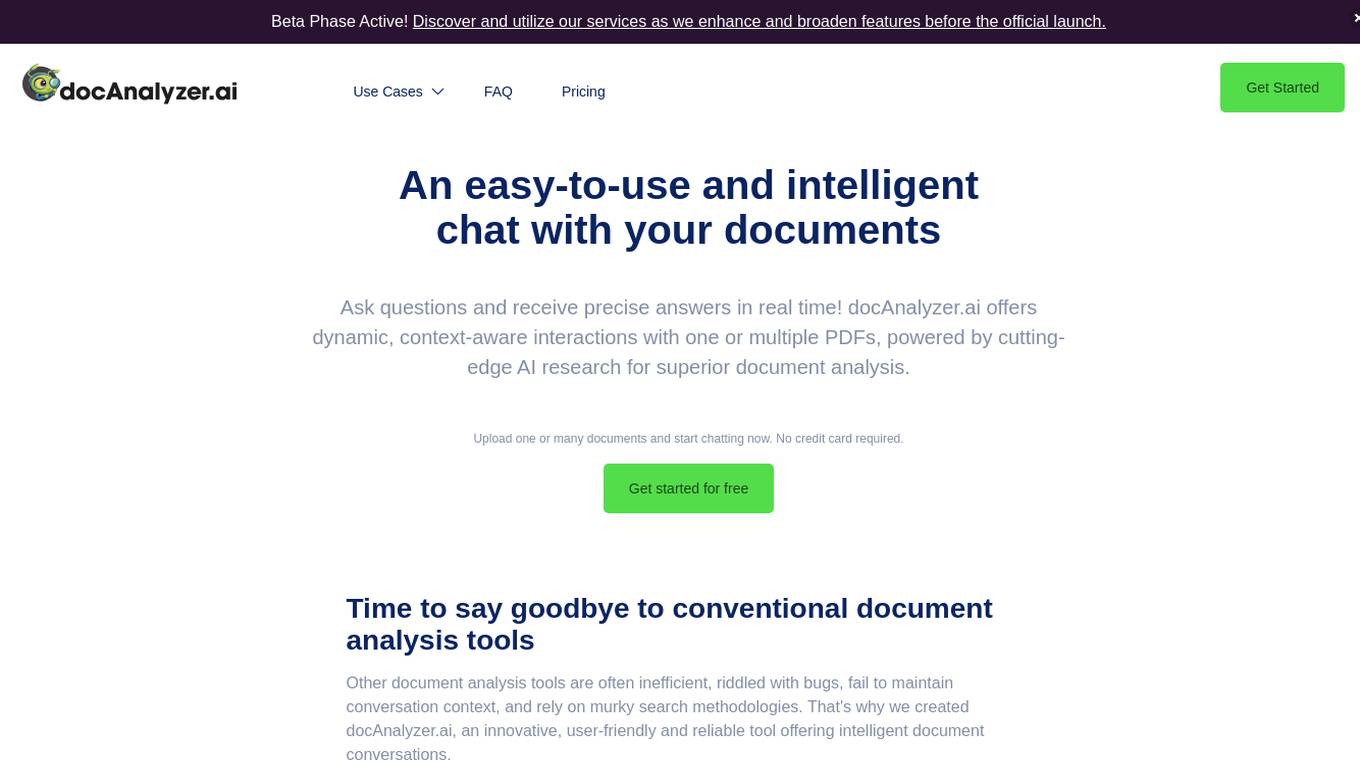
docAnalyzer.ai
docAnalyzer.ai is an intelligent document analysis tool that allows users to have easy and intelligent conversations with their documents. It is powered by cutting-edge AI research and state-of-the-art embeddings, which ensures superior document analysis and dynamic interactions with PDFs. docAnalyzer.ai is easy to use, privacy-conscious, and secure, and it offers a number of features that make it a valuable tool for anyone who works with documents.

Unriddle
Unriddle is an AI-powered research and writing tool that helps users quickly find information in documents, simplify complex topics, take notes, and write with the power of AI. It generates an AI assistant on top of any document, allowing users to quickly find, summarize, and understand information. Unriddle also understands the meaning behind users' writing and automatically links them to relevant information they've read and written about in the past. Additionally, it offers a Chrome extension for summarizing articles with a single click and supports over 90 languages.
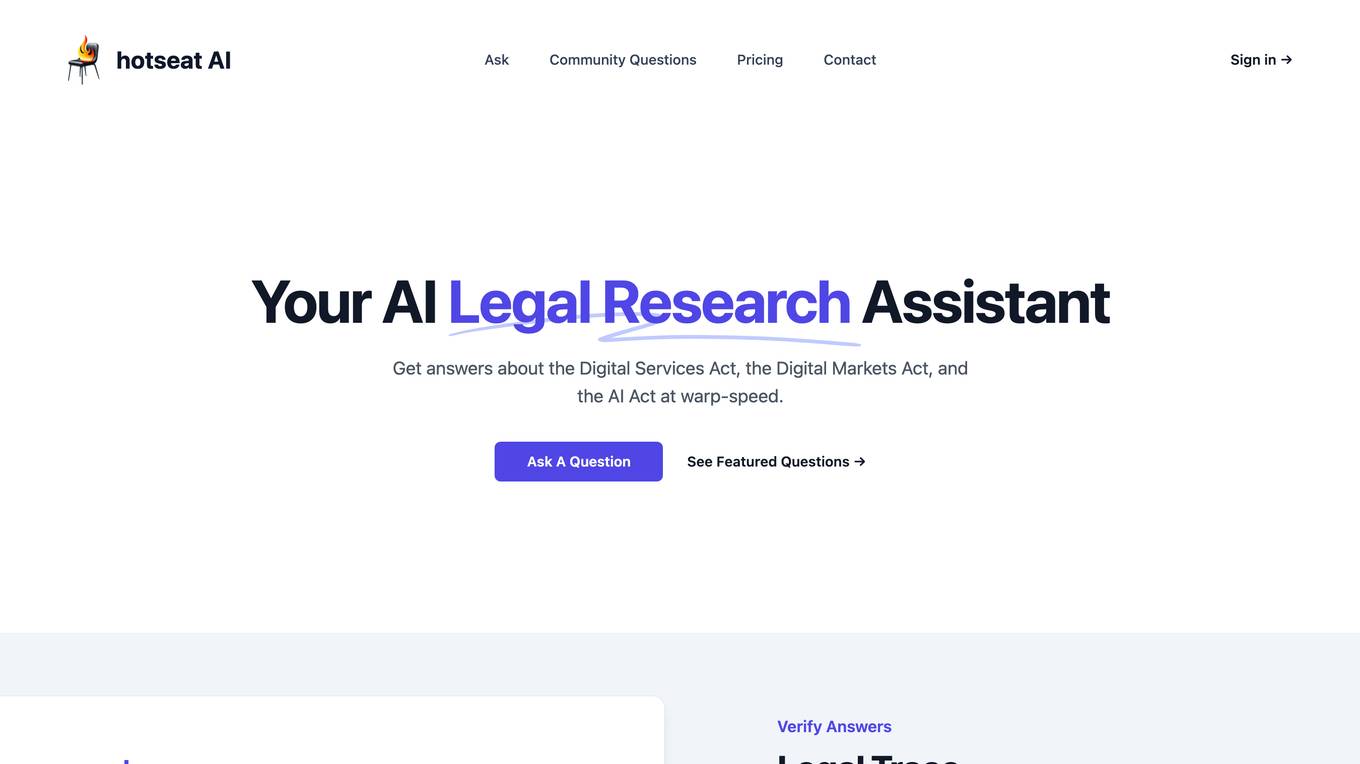
Hotseat AI
Hotseat AI is a legal research assistant that allows users to search through a collection of legal documents to find expert-level quotes matching their queries in seconds. It offers semantic search capabilities, metadata extraction, and the ability to search over public and private documents. The tool is currently in private beta with a focus on EU regulations related to tech, fintech, banking, and financial services.
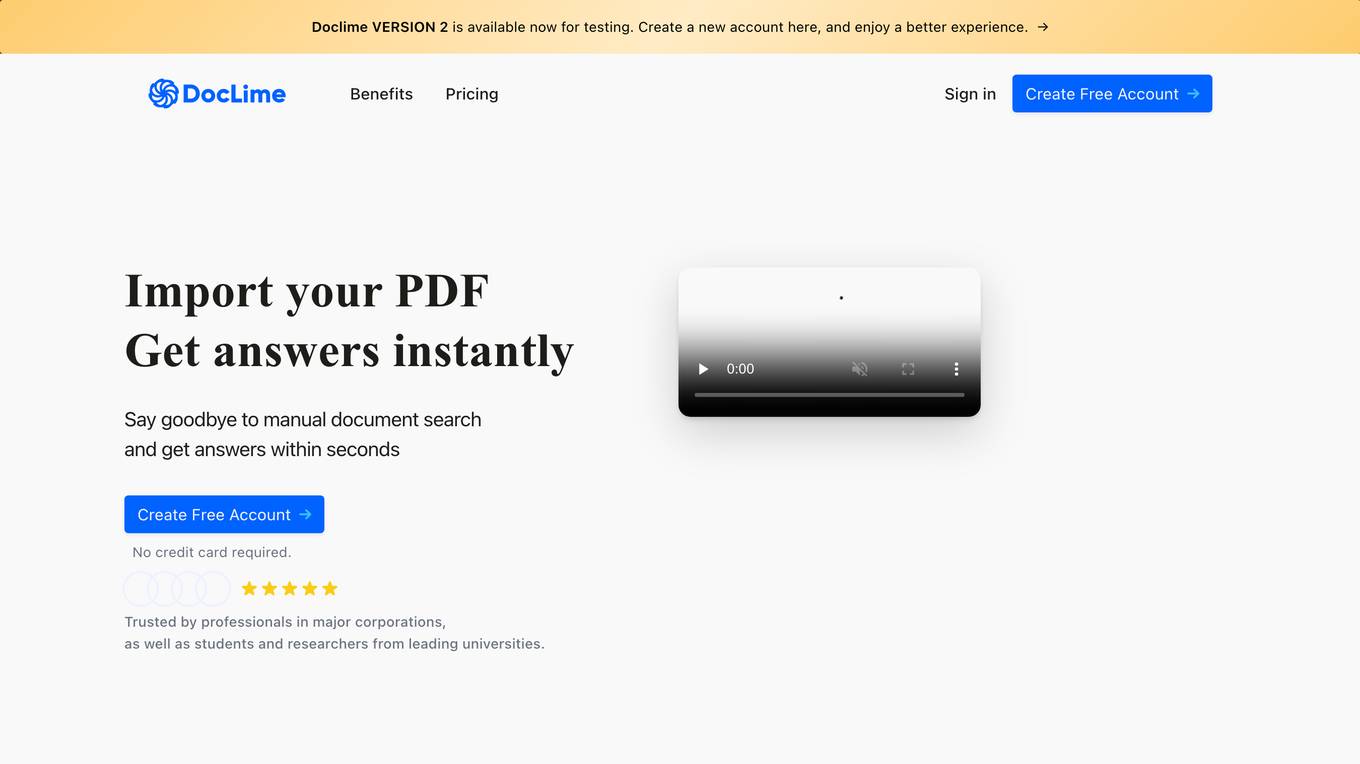
Doclime
Doclime is an AI-powered document analysis tool that helps users extract insights and automate tasks from their documents. It uses natural language processing and machine learning to analyze text, identify key information, and generate summaries, reports, and other insights. Doclime can be used for a variety of tasks, including contract review, due diligence, market research, and customer support.
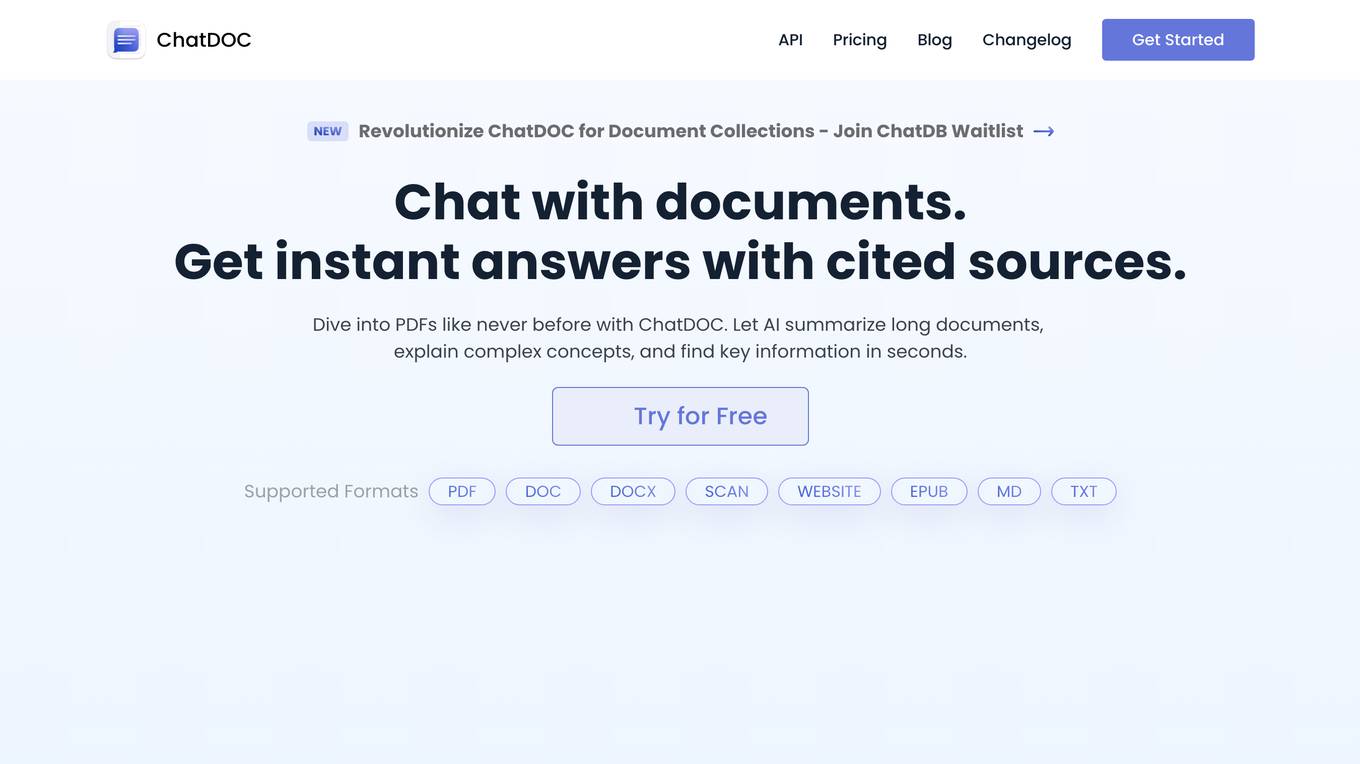
ChatDOC
ChatDOC is an AI-powered tool that allows users to chat with PDF documents and get instant answers with cited sources. It can summarize long documents, explain complex concepts, and find key information in seconds. ChatDOC is built for professionals and is used by over 500,000 global users.
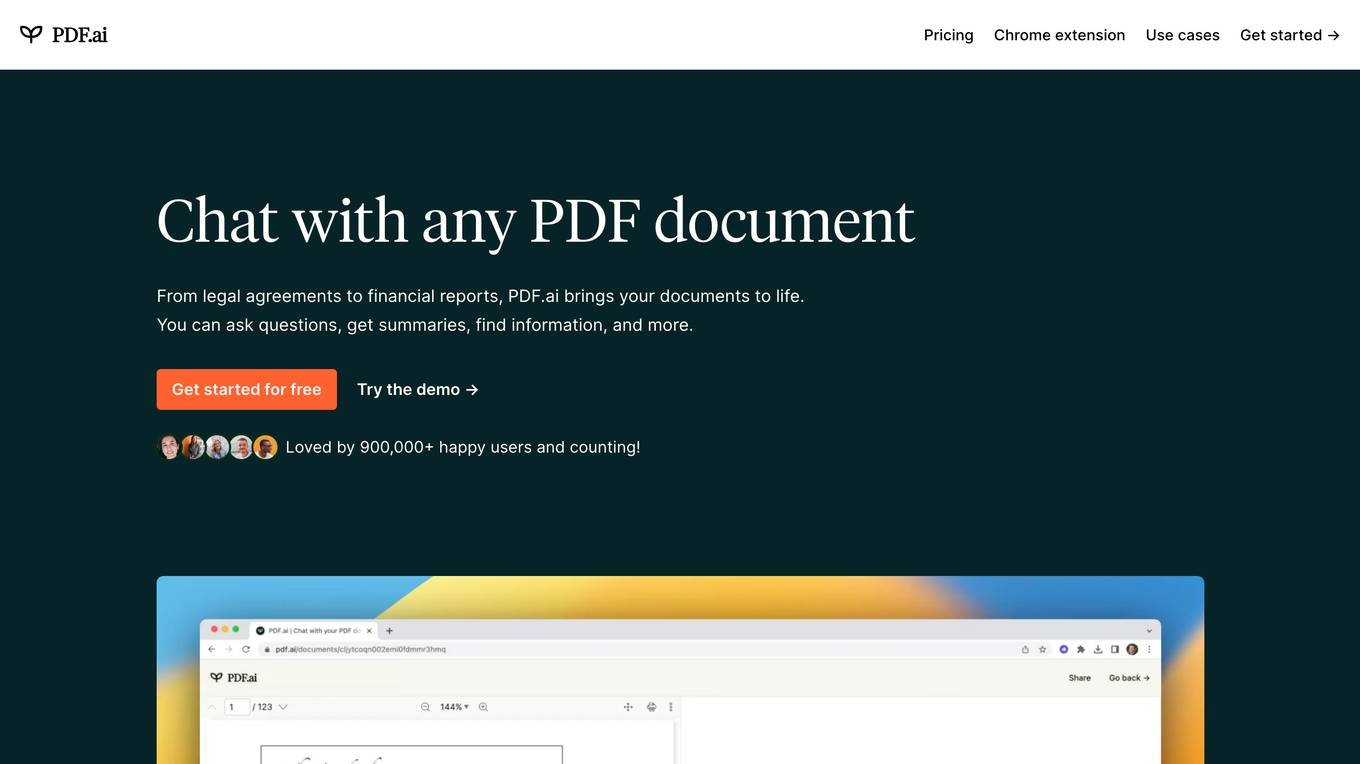
PDF.ai
PDF.ai is a powerful AI-powered tool that allows you to chat with your PDF documents. With PDF.ai, you can ask questions about your PDF, get summaries, translate text, and more. PDF.ai is the perfect tool for anyone who works with PDFs on a regular basis.
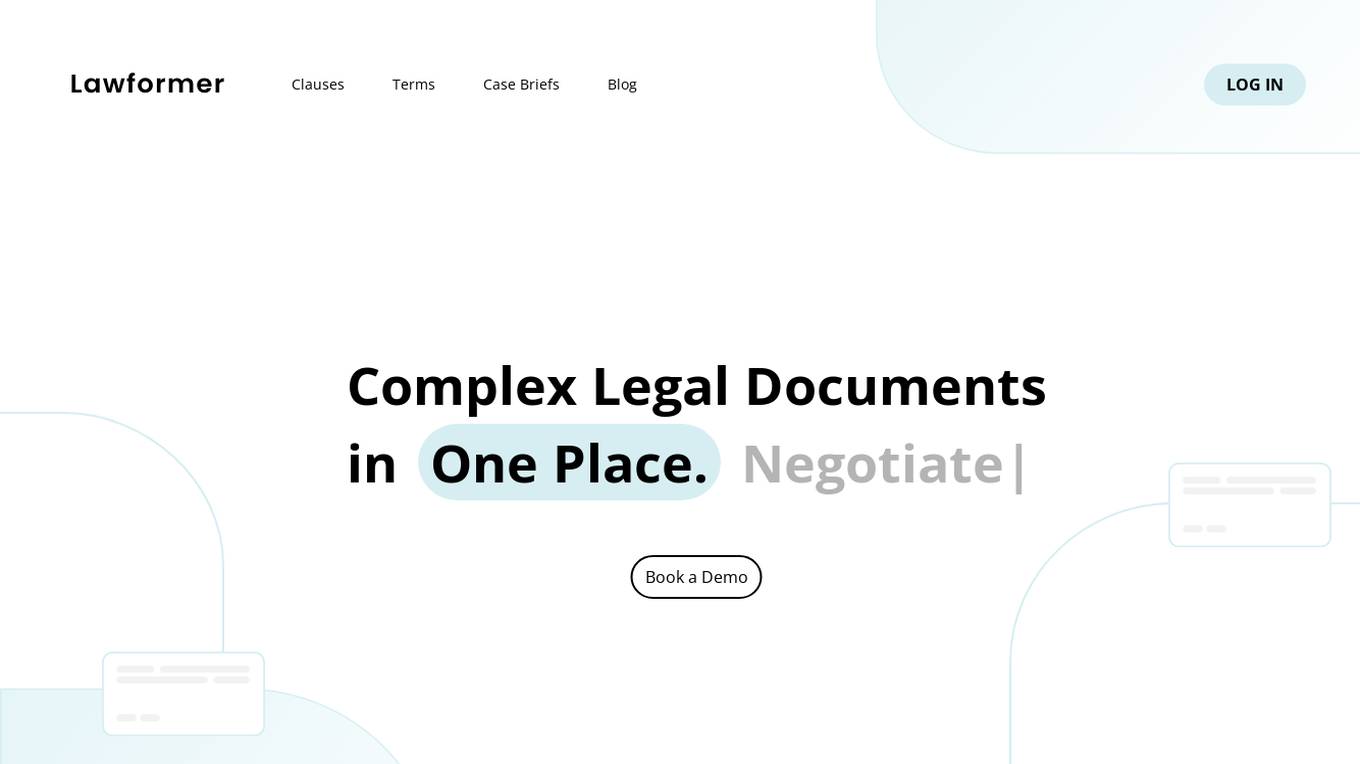
Lawformer
Lawformer is an AI-powered tool designed to simplify the process of handling complex legal documents. It offers an extensive database of attorney-drafted clauses and terms for any contract, along with a learning platform to enhance practical skills in contract drafting. Users can create a personalized library, manage contract knowledge efficiently, and find relevant contract clauses quickly. Lawformer has been serving Silicon Valley startups and the UK's entrepreneurial community since 2009 and 2015, respectively, and is recognized as an international platform for online payments. The platform is trusted by legal professionals and students alike for its comprehensive resources and user-friendly interface.

Humata
Humata is a PDF AI that can summarize findings, compare documents, and search for answers in long technical papers. It is designed to help users save time and effort by automating the process of reading and understanding complex documents. Humata is easy to use and can be embedded in any webpage with a single click. It is also secure and reliable, with enterprise-grade data rooms and encryption to protect user data.
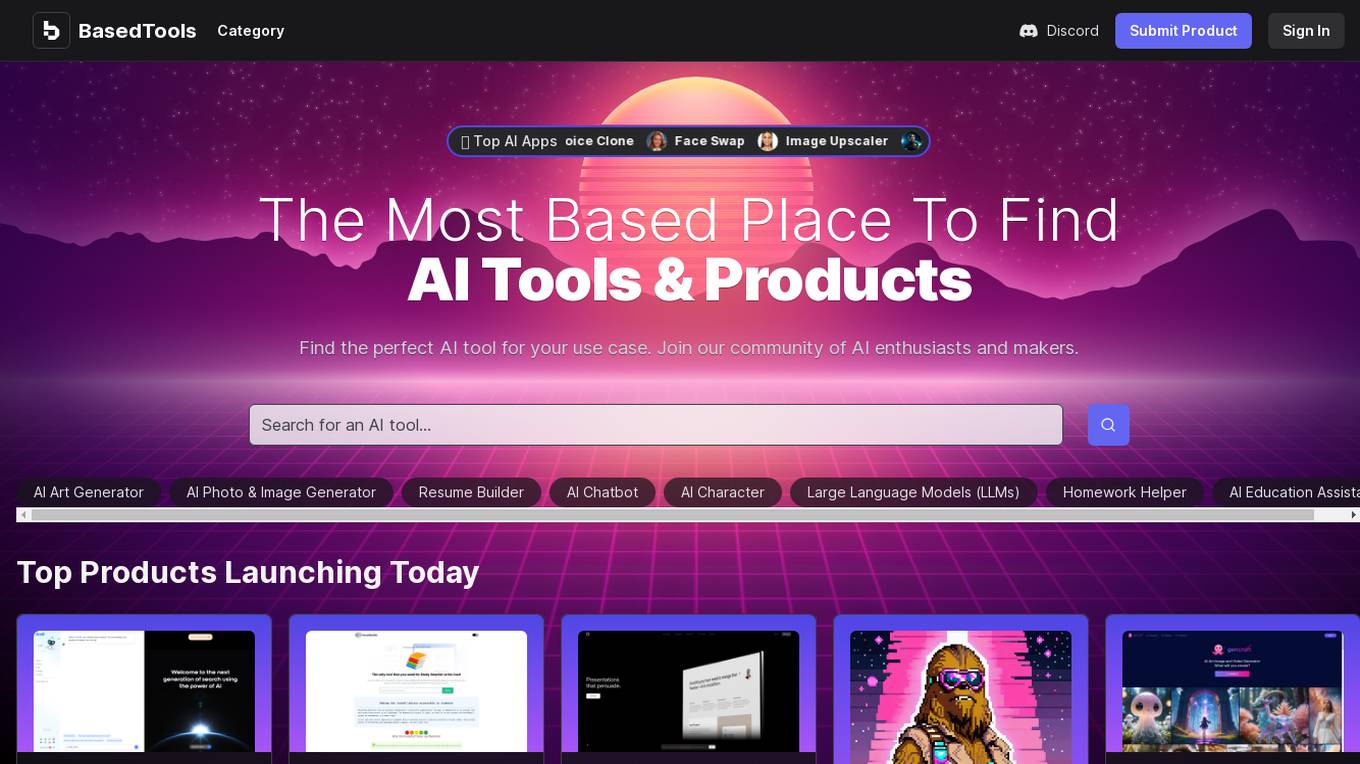
BasedLabs
BasedLabs is a website that provides a directory of AI tools and products. It allows users to search for AI tools based on their use case and provides detailed descriptions, ratings, and reviews of each tool. BasedLabs also offers a community forum where users can discuss AI tools and share their experiences.
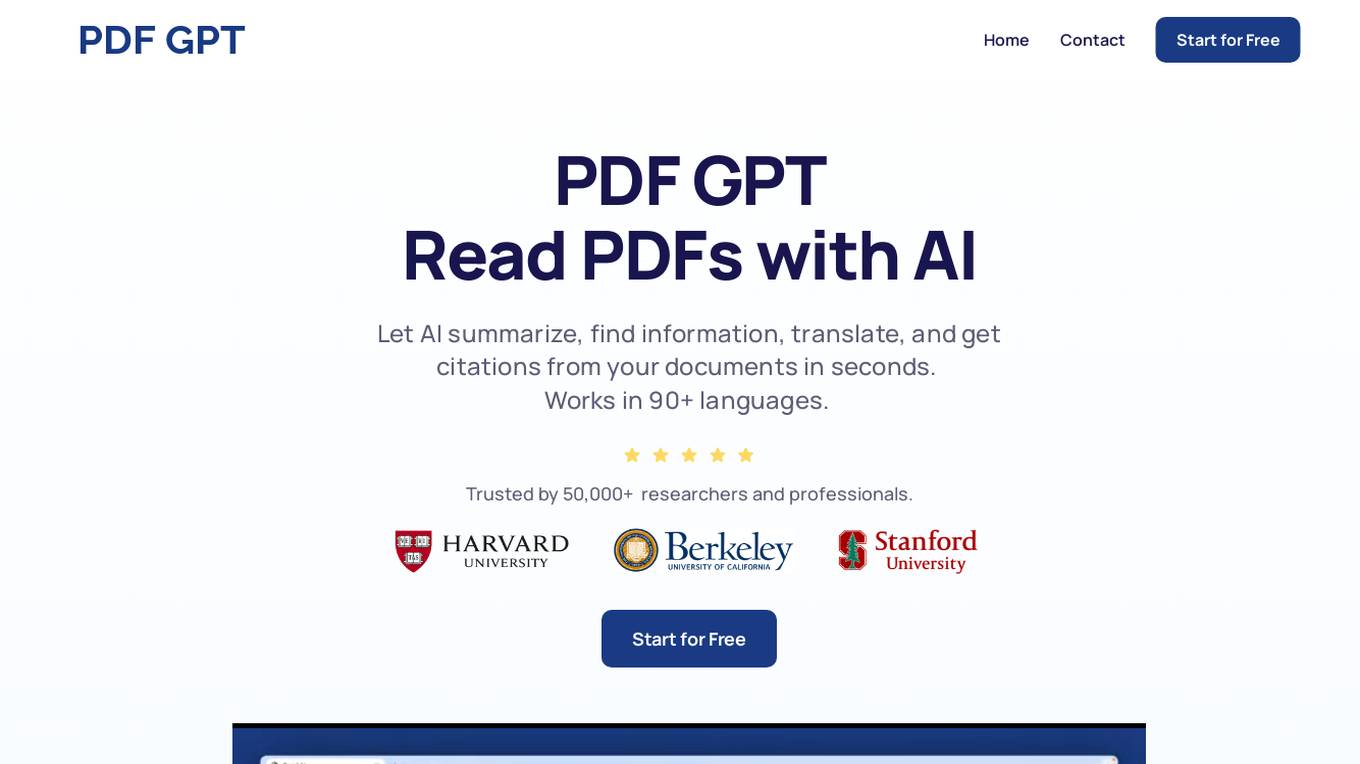
PDF GPT
PDF GPT is an AI-powered tool that allows users to read PDFs with the help of artificial intelligence. It can summarize long documents, find information, translate content, and generate citations from PDF files in various languages. With features like document tagging, group chat functionality, and advanced search capabilities, PDF GPT aims to streamline the document management process for researchers and professionals. The tool is trusted by over 50,000 users and offers both free and premium subscription plans to cater to different user needs.
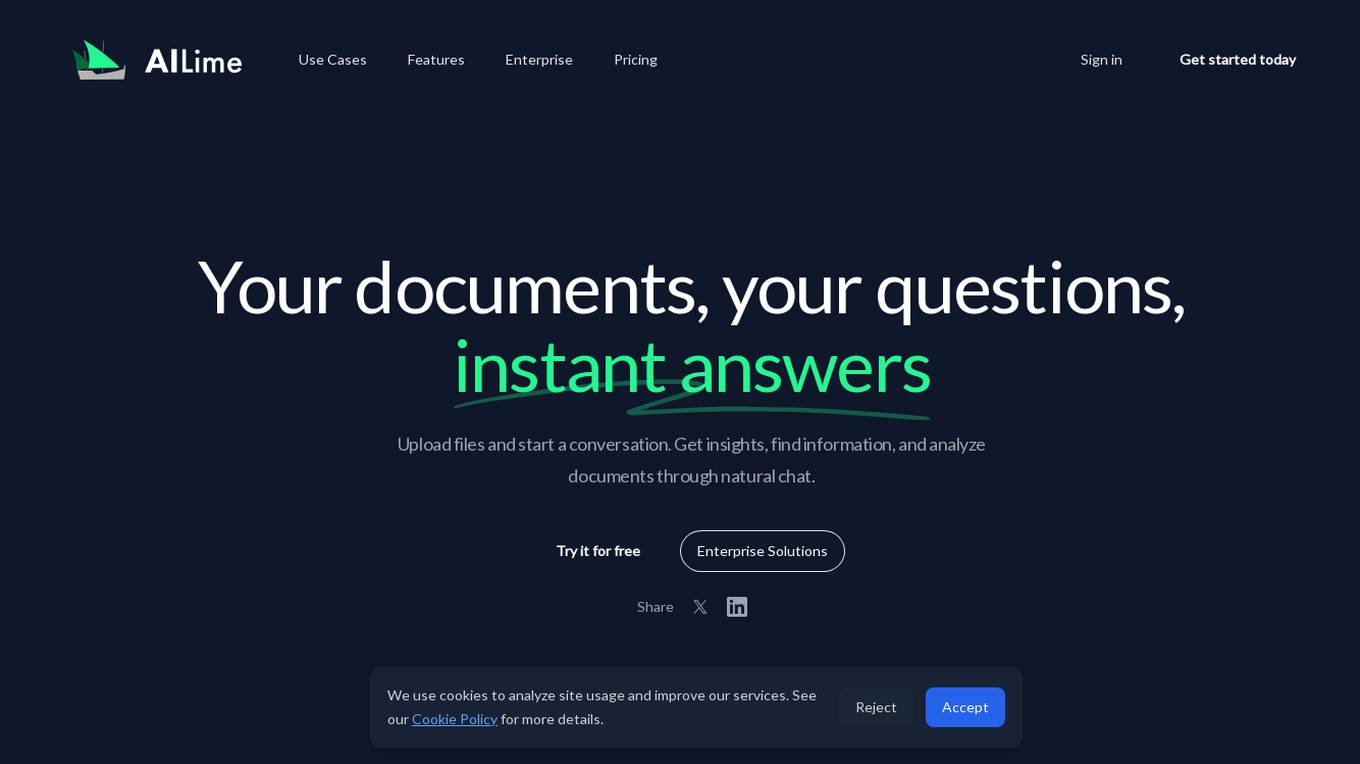
AI Lime
AI Lime is an AI-powered document analysis and chat application designed to provide legal, academic, and business solutions. It allows users to upload files, ask questions, and receive instant answers through natural chat conversations. The tool leverages top-tier AI models to help professionals and individuals work with documents more efficiently. AI Lime serves as a legal assistant, research and academic helper, and personal AI assistant for various document-related tasks. It is continuously improving with upcoming features like automatic document summaries and Word document support.
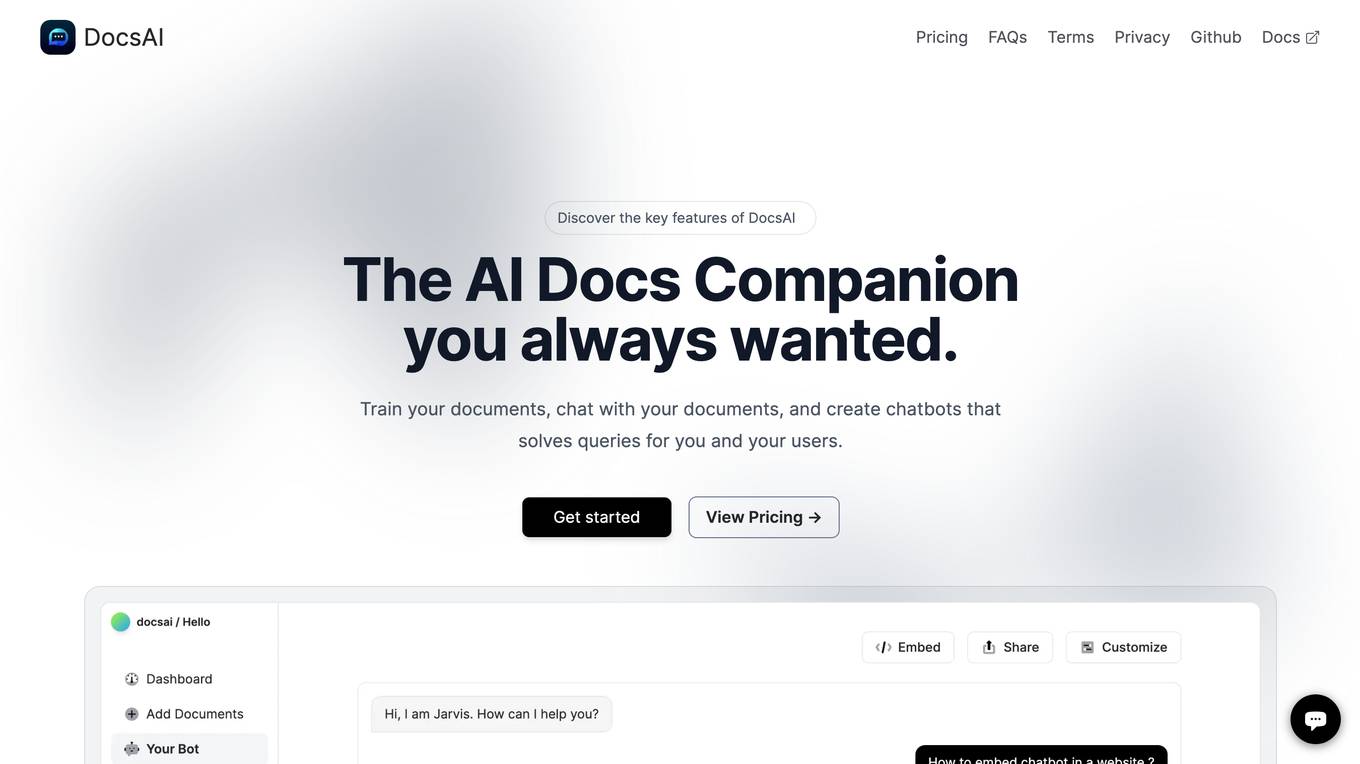
DocsAI
DocsAI is an AI-powered document companion that helps you organize, search, and chat with your documents. It integrates with various sources, including websites, text files, PDFs, Docx, Notion, and Confluence. You can customize the companion's appearance to match your brand and suggest better answers to improve its accuracy. DocsAI also offers a chat widget that can be embedded on any website, allowing you to chat with your documents and get summaries, insights, and leads. It is mobile and tablet-friendly, and you can export chats and analyze data to identify trends and improve customer satisfaction. DocsAI is open source and offers custom prompts and multi-language support.
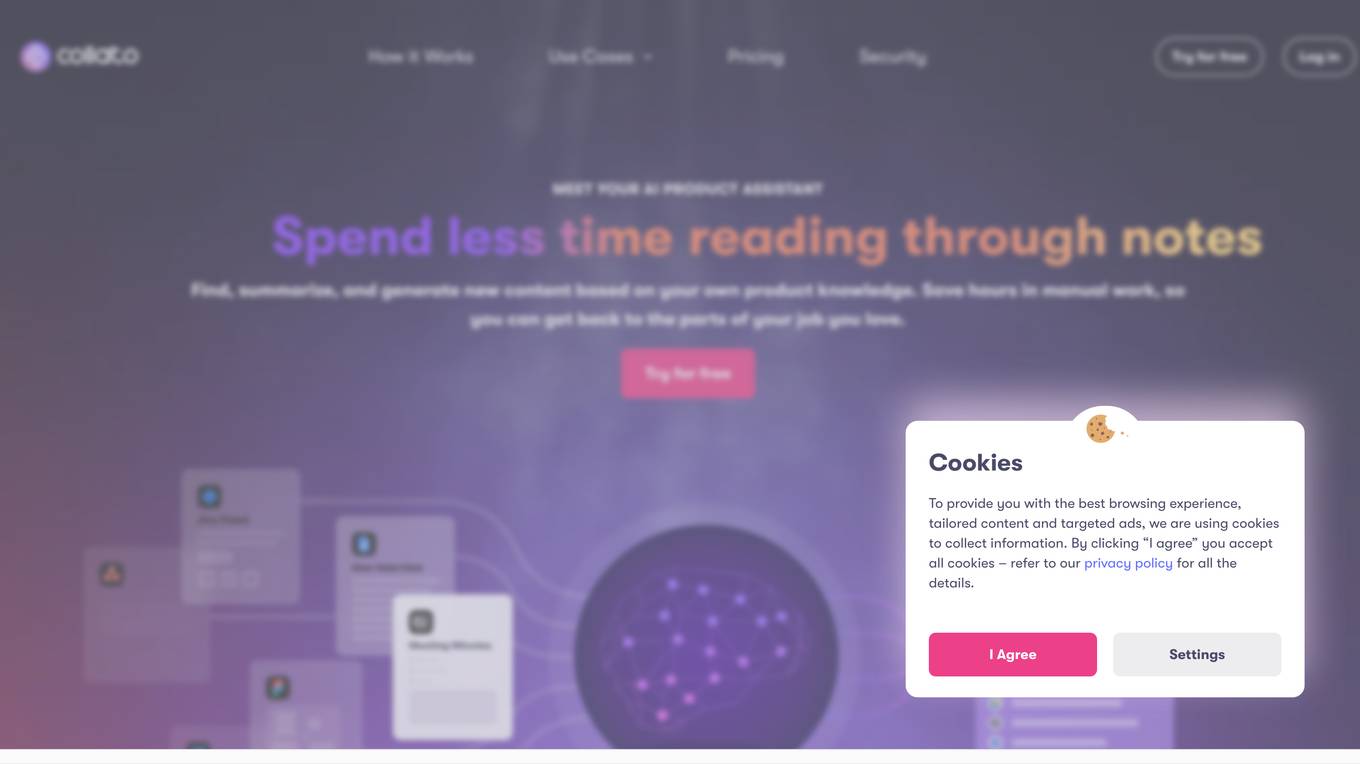
Collato
Collato is an AI assistant designed to help product teams save time on writing documents, answering questions, and generating new content. It can find, summarize, and generate new content based on your own product knowledge, saving you hours in manual work. Collato is also self-hosted, so you can keep your data private and secure.
0 - Open Source AI Tools
20 - OpenAI Gpts
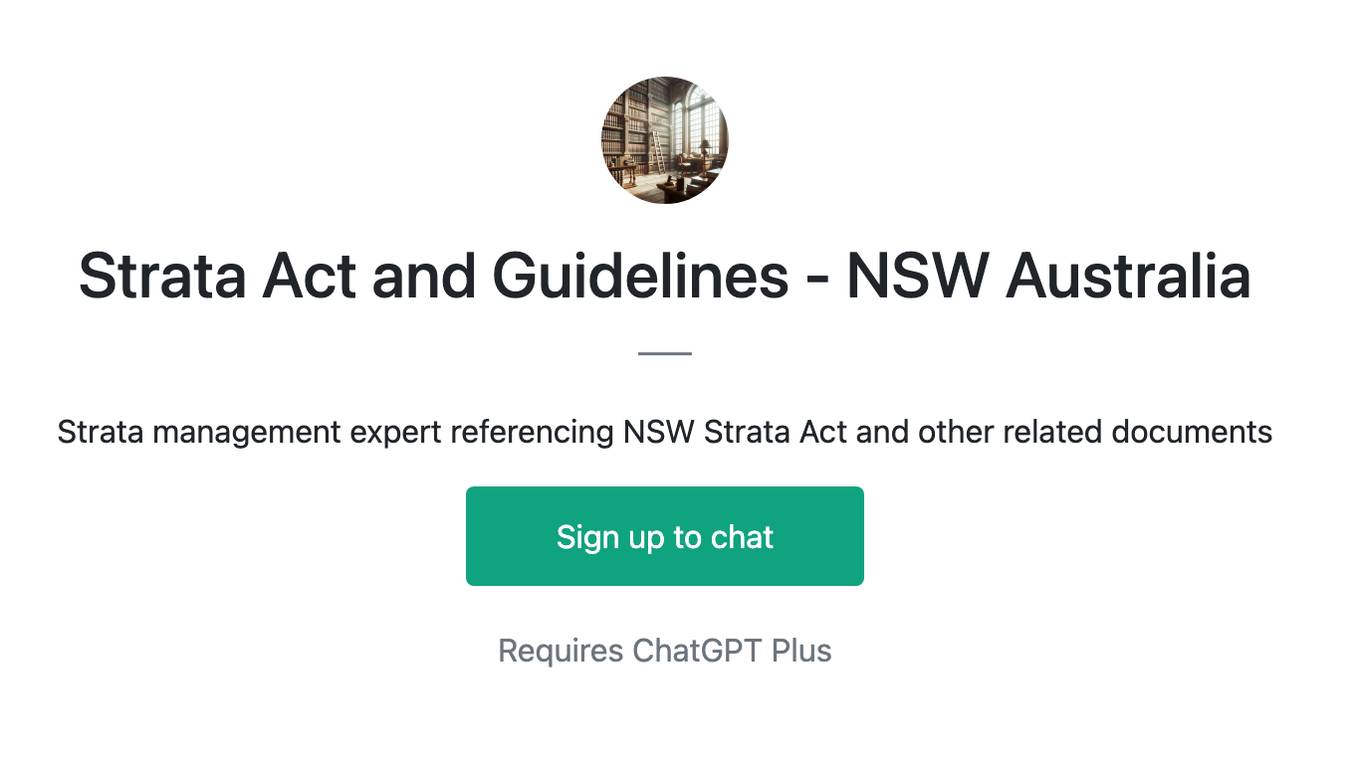
Strata Act and Guidelines - NSW Australia
Strata management expert referencing NSW Strata Act and other related documents
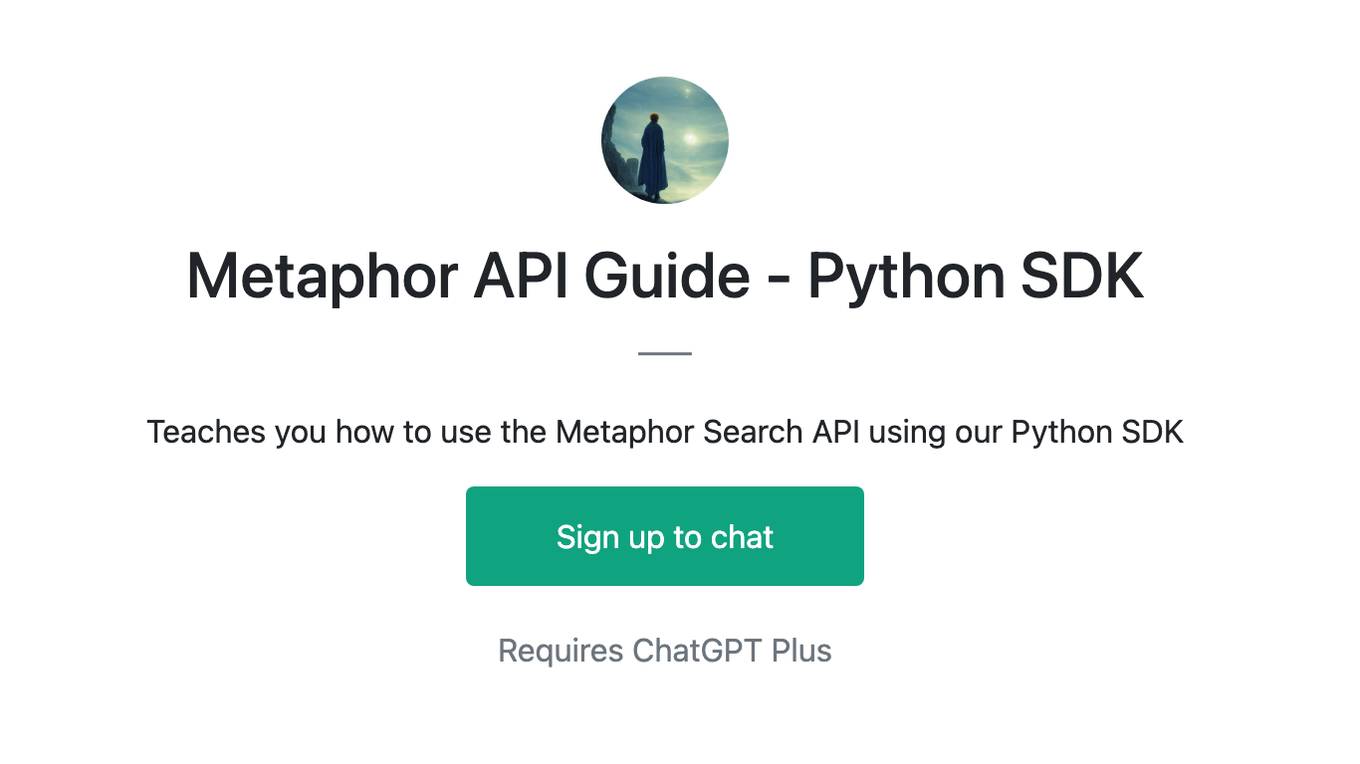
Metaphor API Guide - Python SDK
Teaches you how to use the Metaphor Search API using our Python SDK
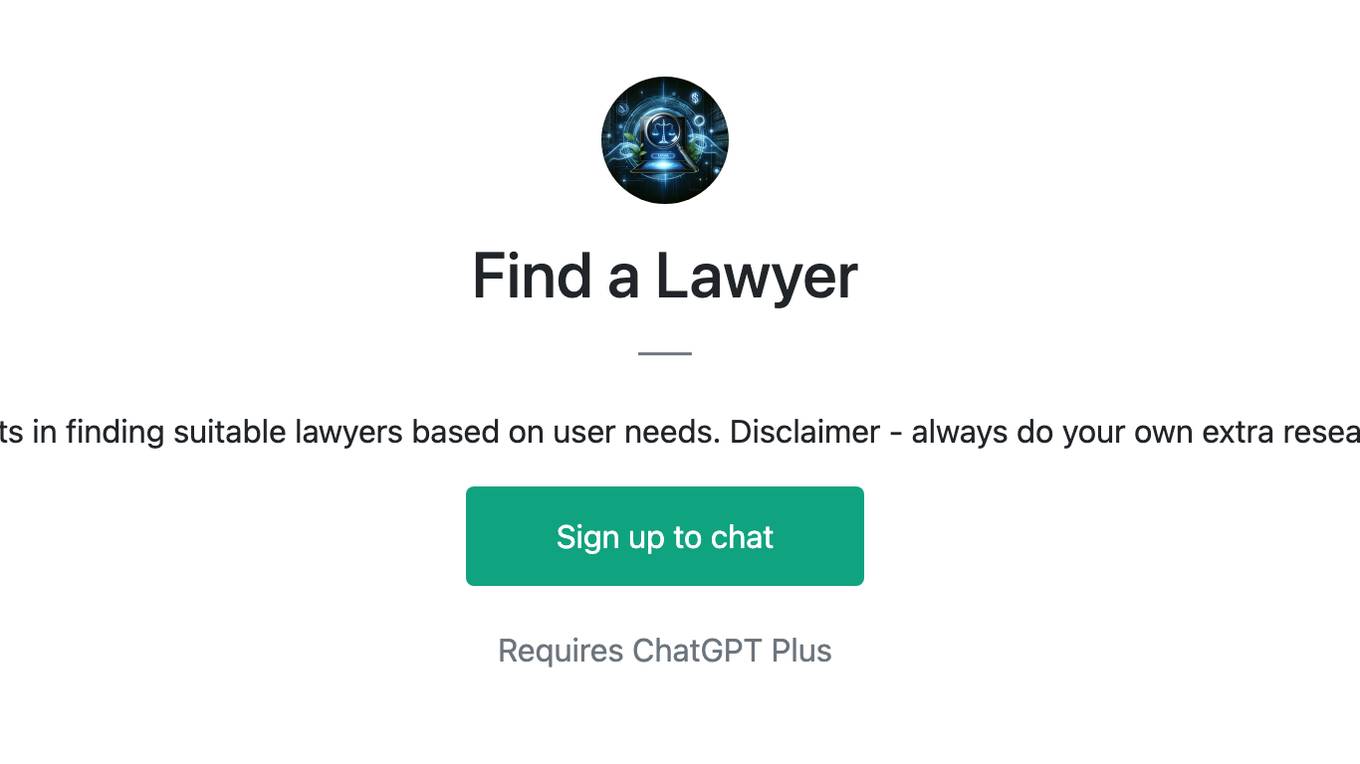
Find a Lawyer
Assists in finding suitable lawyers based on user needs. Disclaimer - always do your own extra research
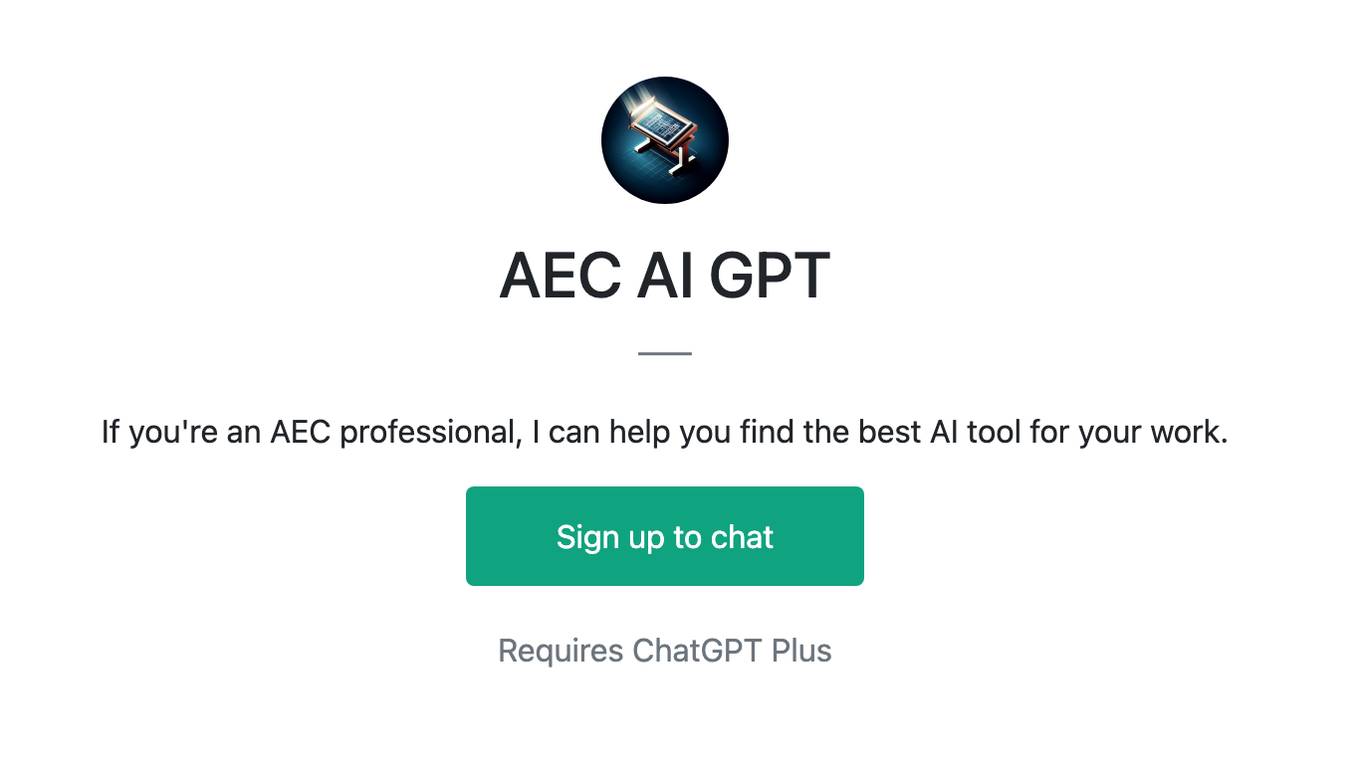
AEC AI GPT
If you're an AEC professional, I can help you find the best AI tool for your work.
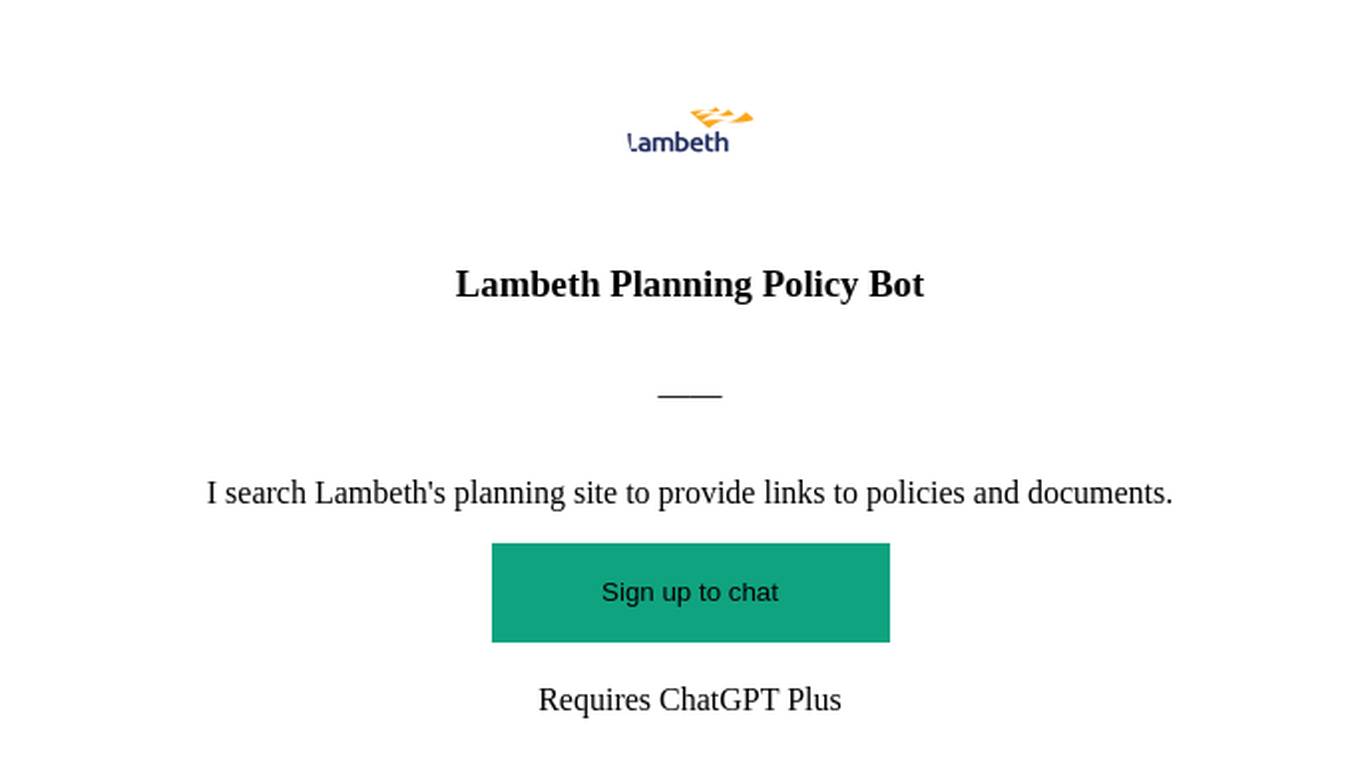
Lambeth Planning Policy Bot
I search Lambeth's planning site to provide links to policies and documents.
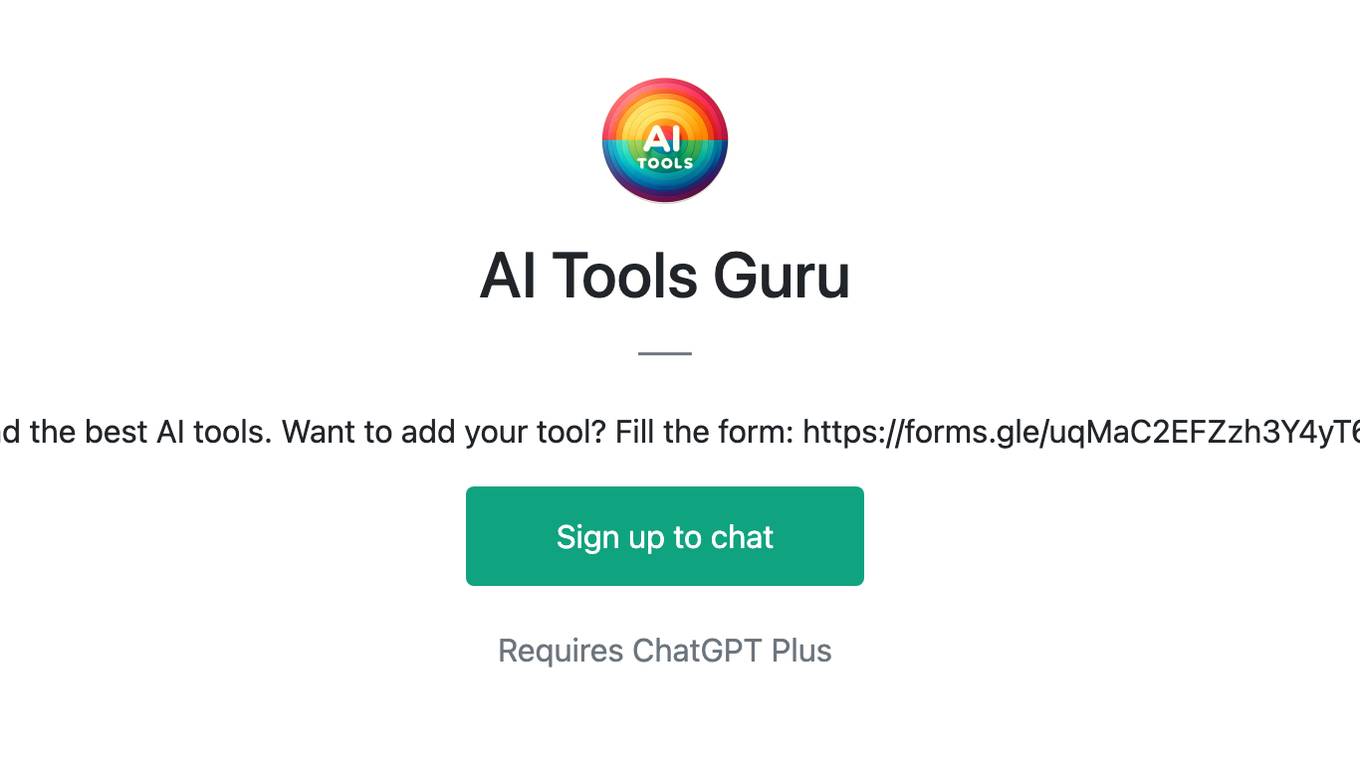
AI Tools Guru
Find the best AI tools. Want to add your tool? Fill the form: https://forms.gle/uqMaC2EFZzh3Y4yT6
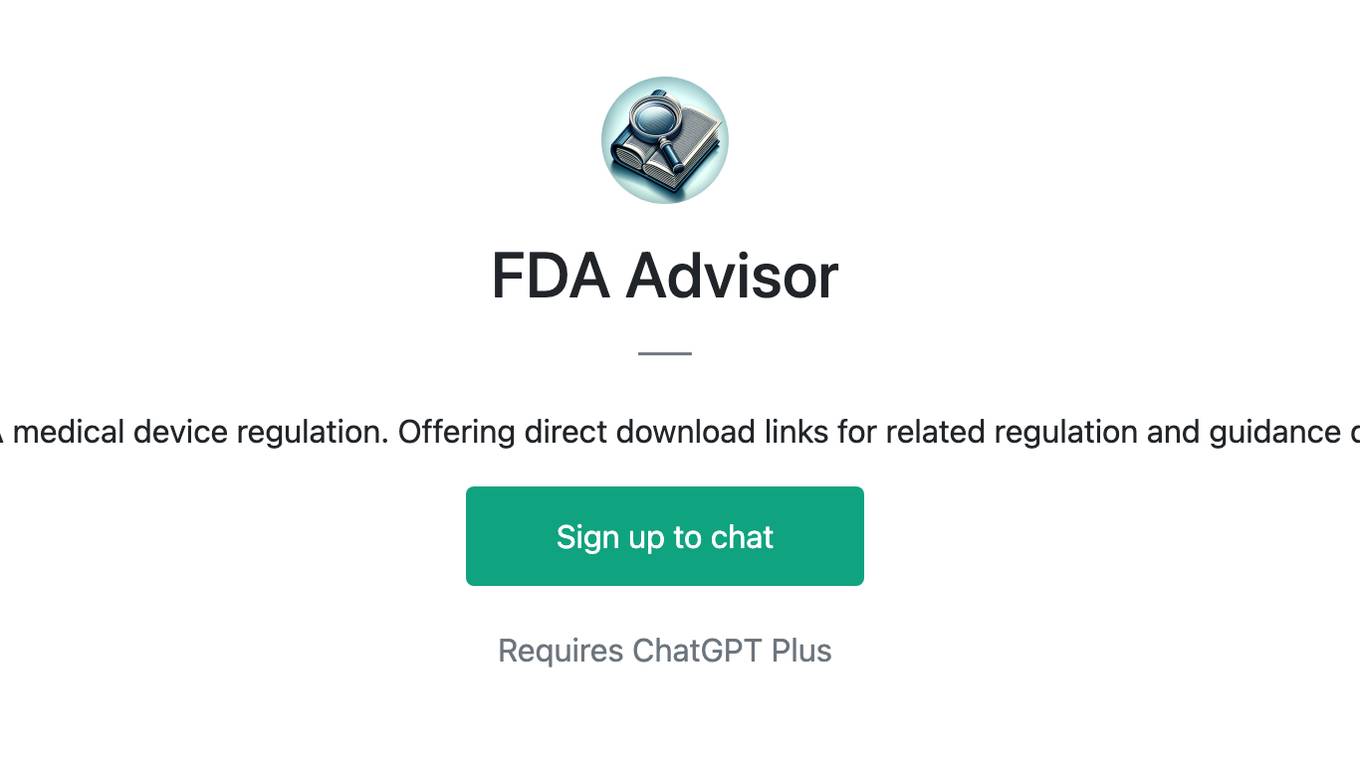
FDA Advisor
Approachable expert on FDA medical device regulation. Offering direct download links for related regulation and guidance documents from FDA sites.
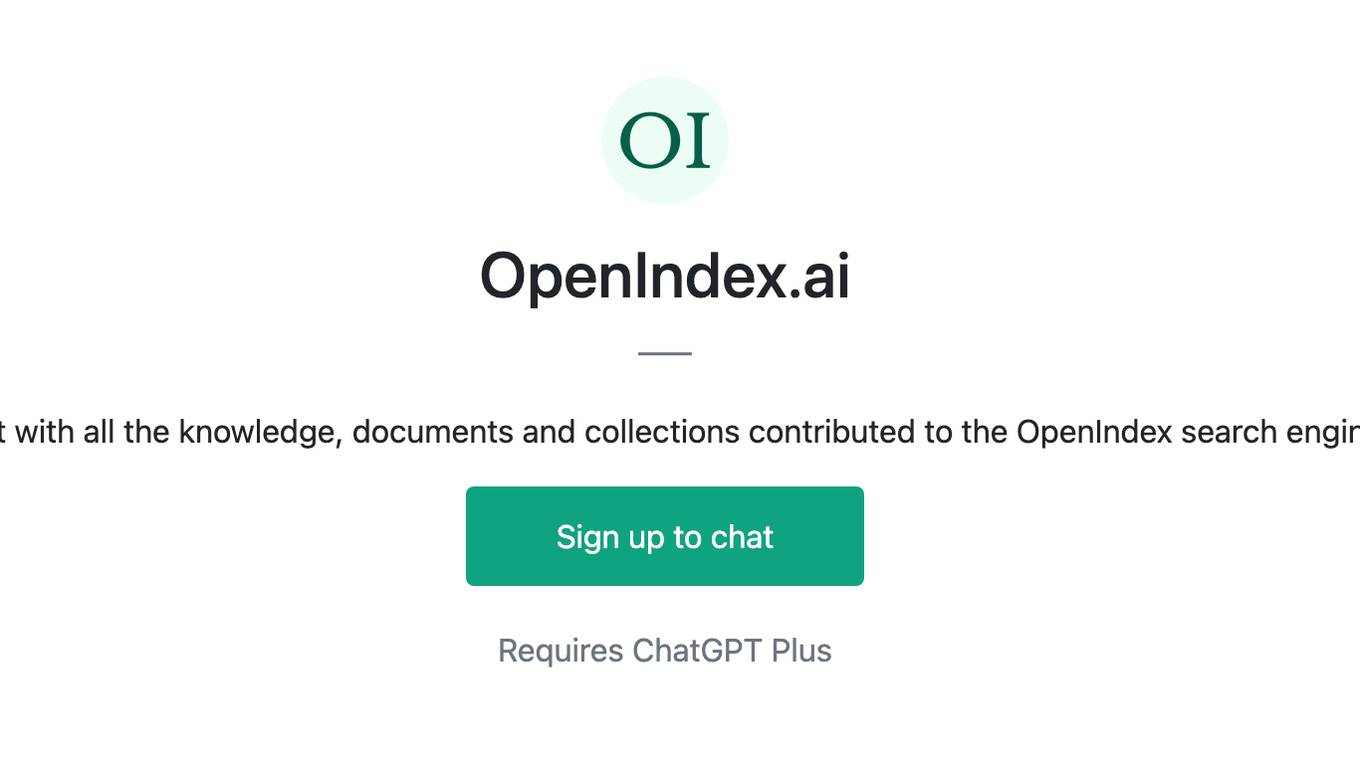
OpenIndex.ai
Chat with all the knowledge, documents and collections contributed to the OpenIndex search engine.
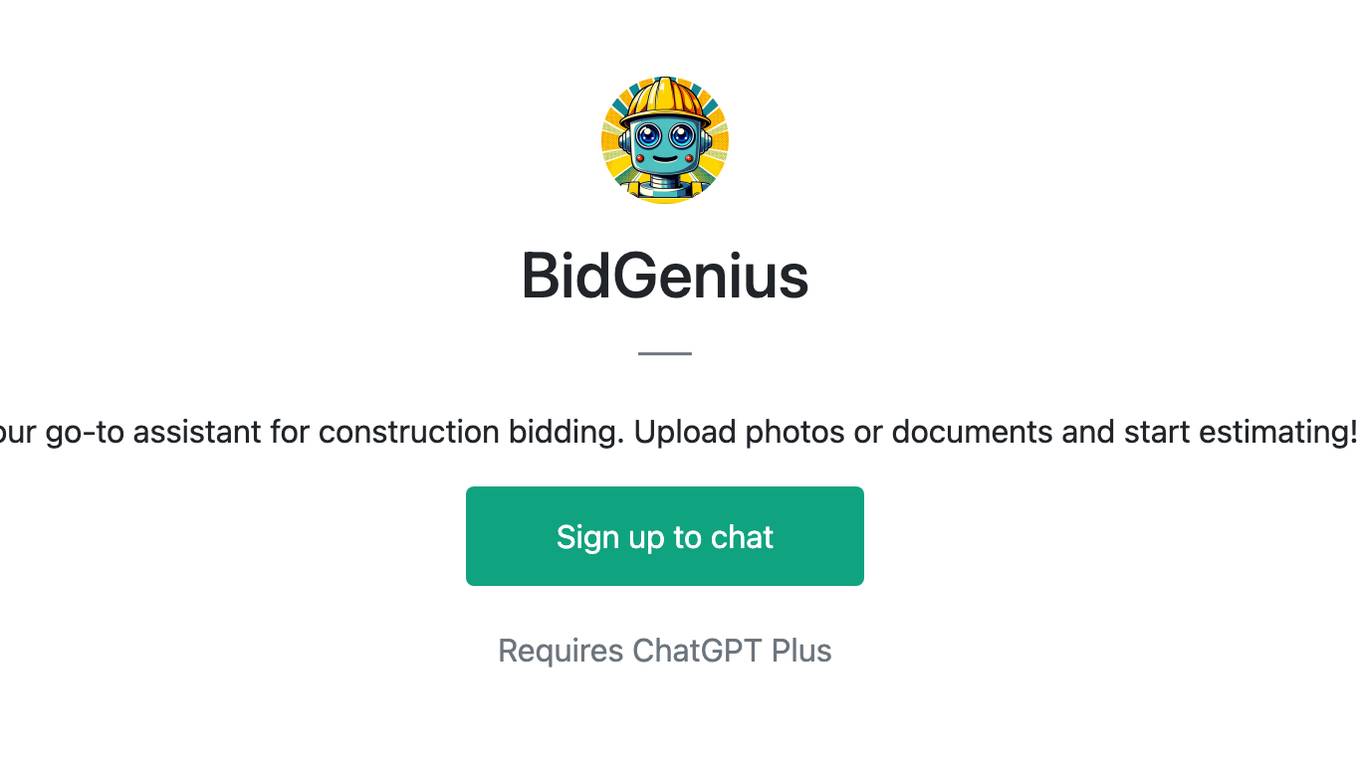
BidGenius
Your go-to assistant for construction bidding. Upload photos or documents and start estimating!
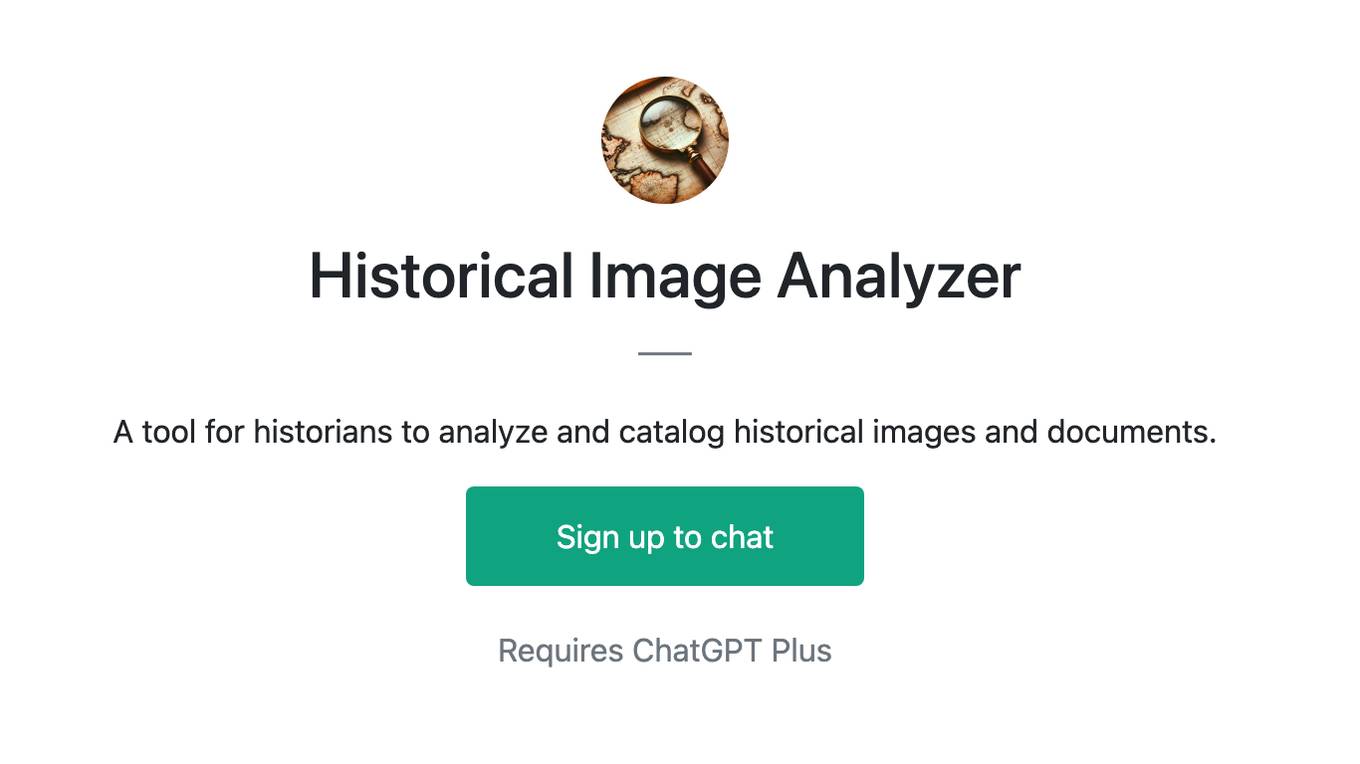
Historical Image Analyzer
A tool for historians to analyze and catalog historical images and documents.
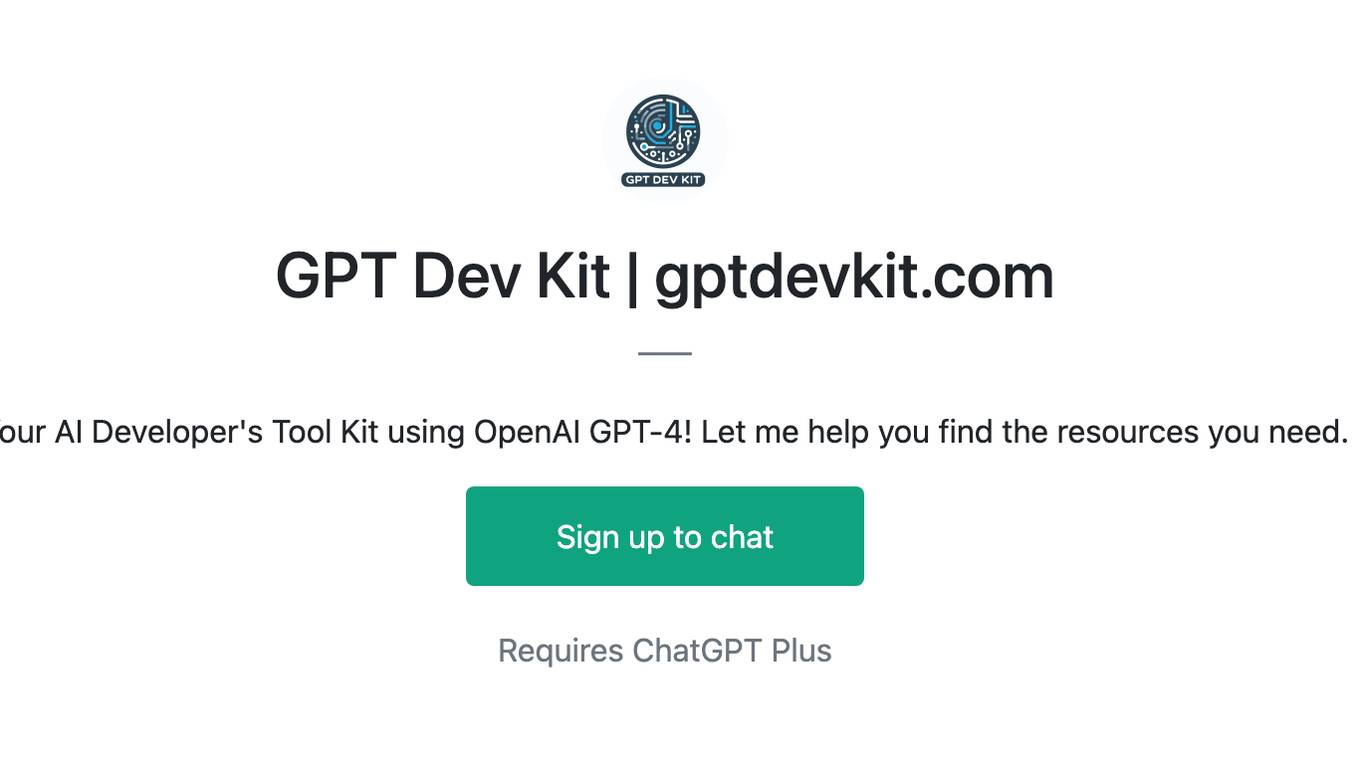
GPT Dev Kit | gptdevkit.com
Your AI Developer's Tool Kit using OpenAI GPT-4! Let me help you find the resources you need.
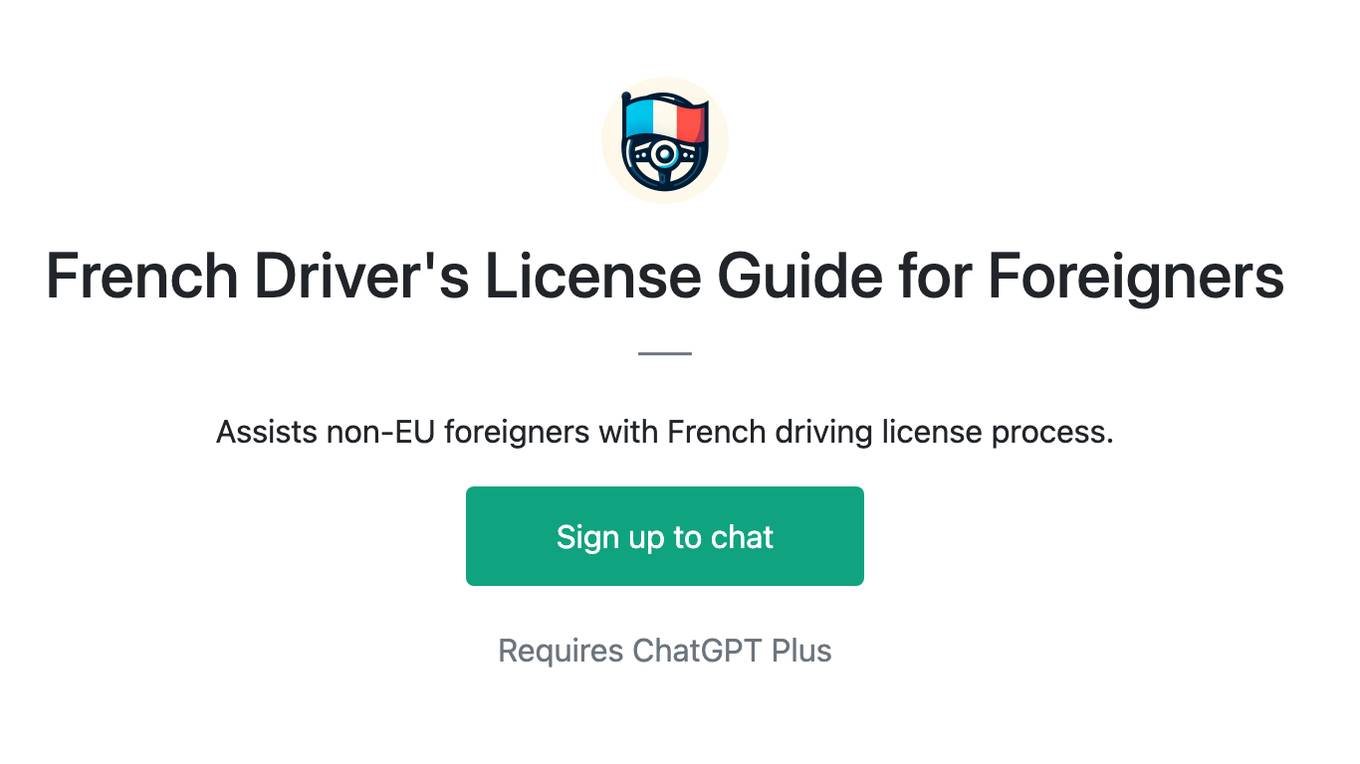
French Driver's License Guide for Foreigners
Assists non-EU foreigners with French driving license process.
